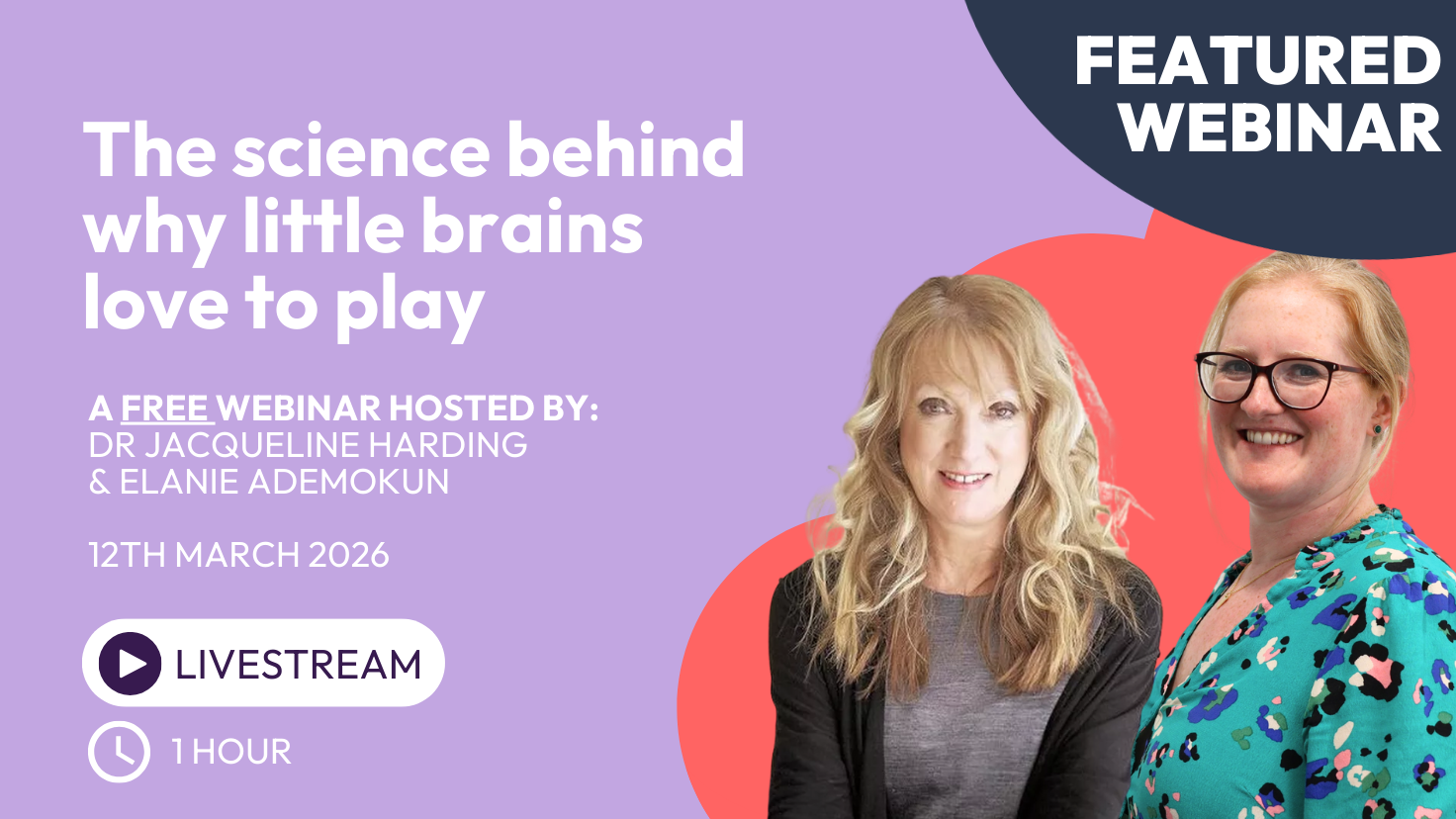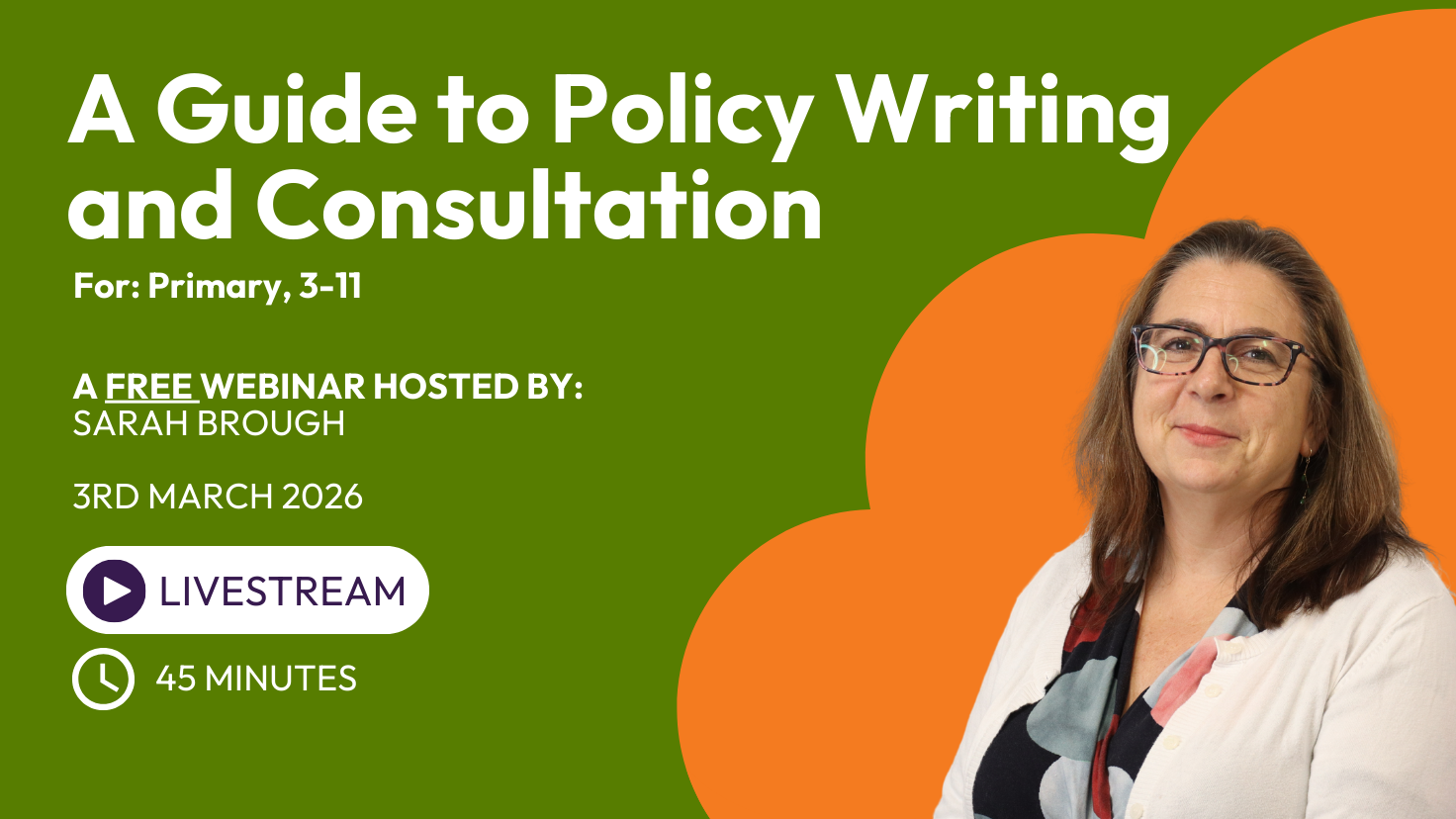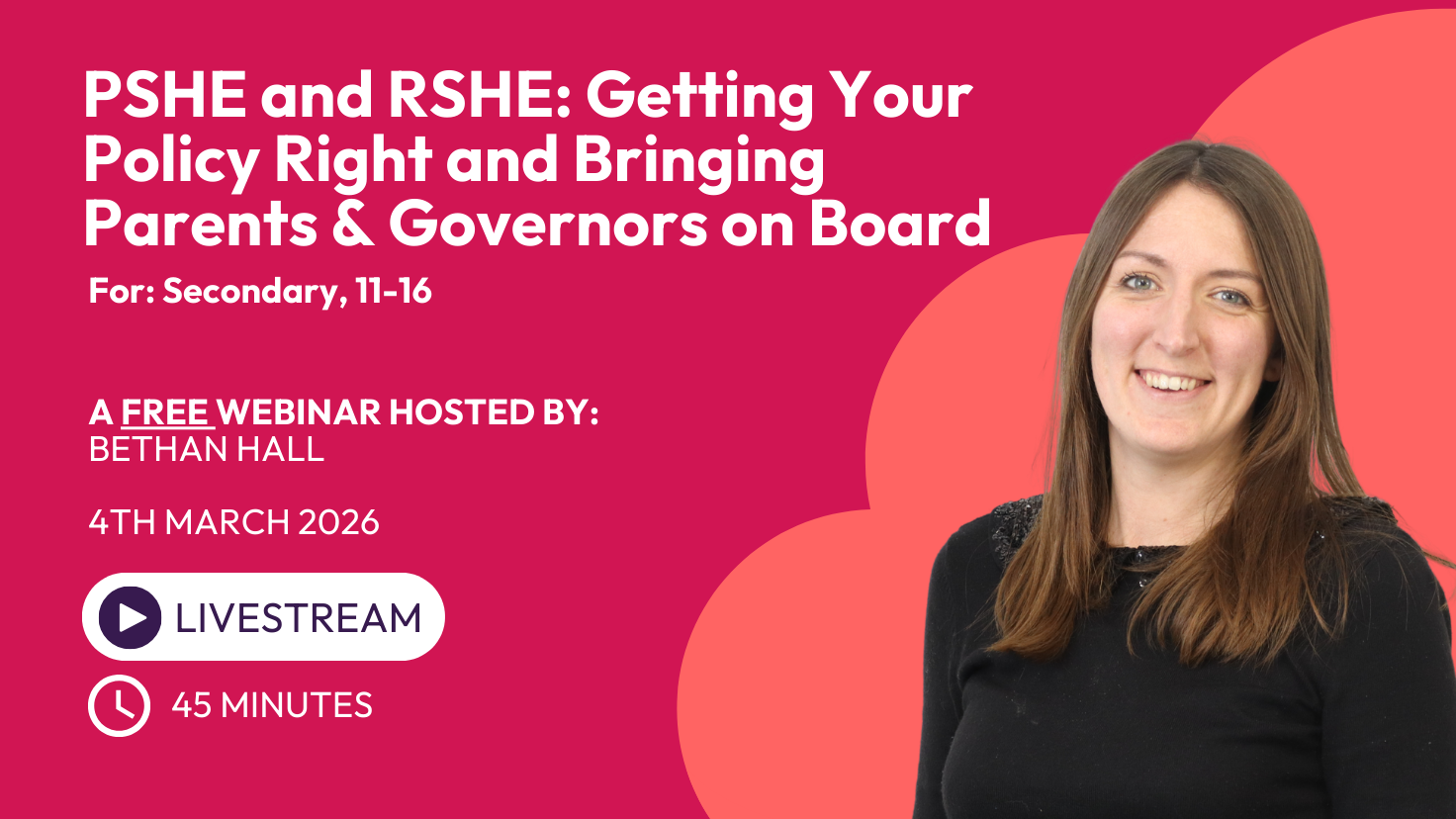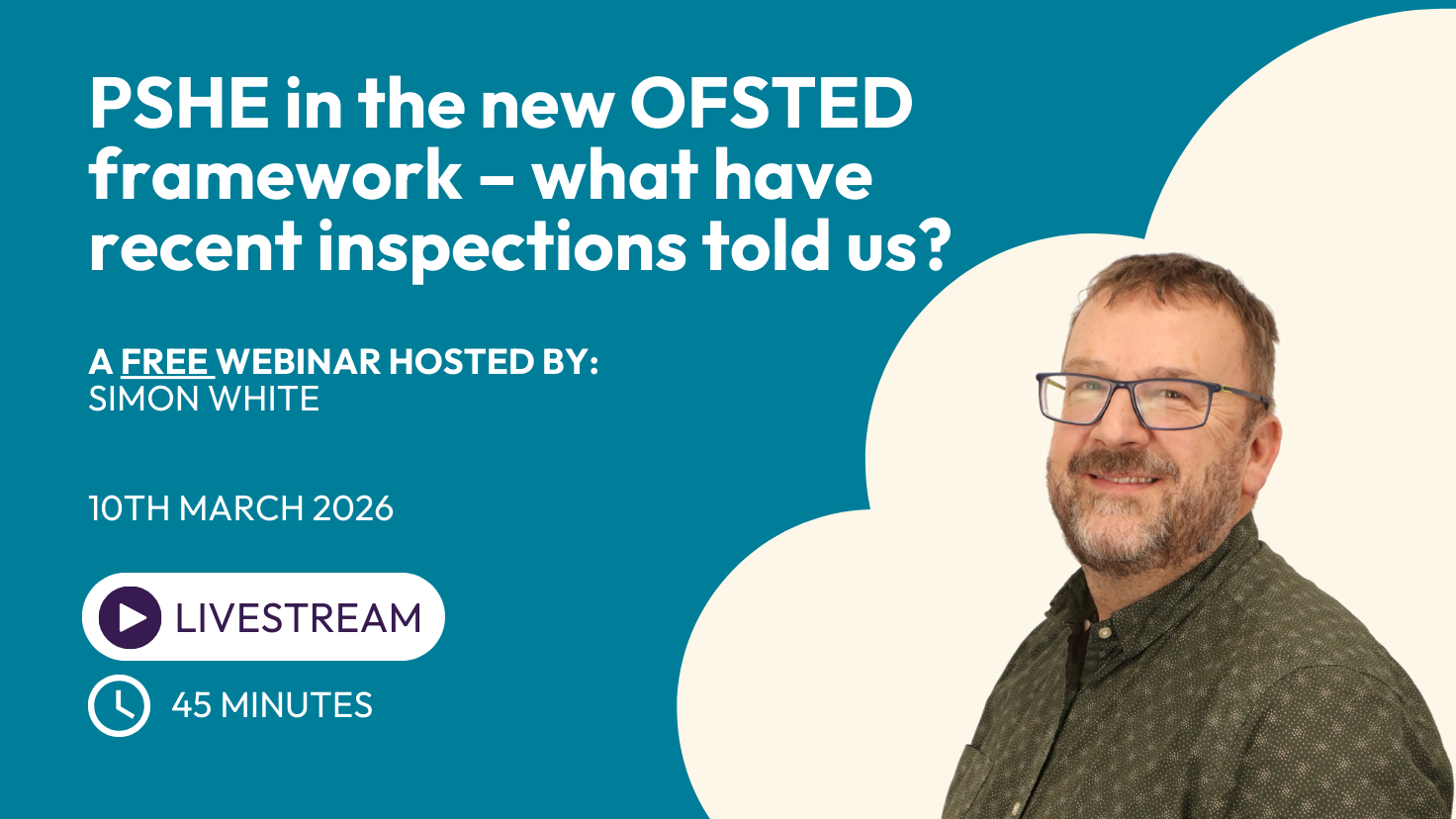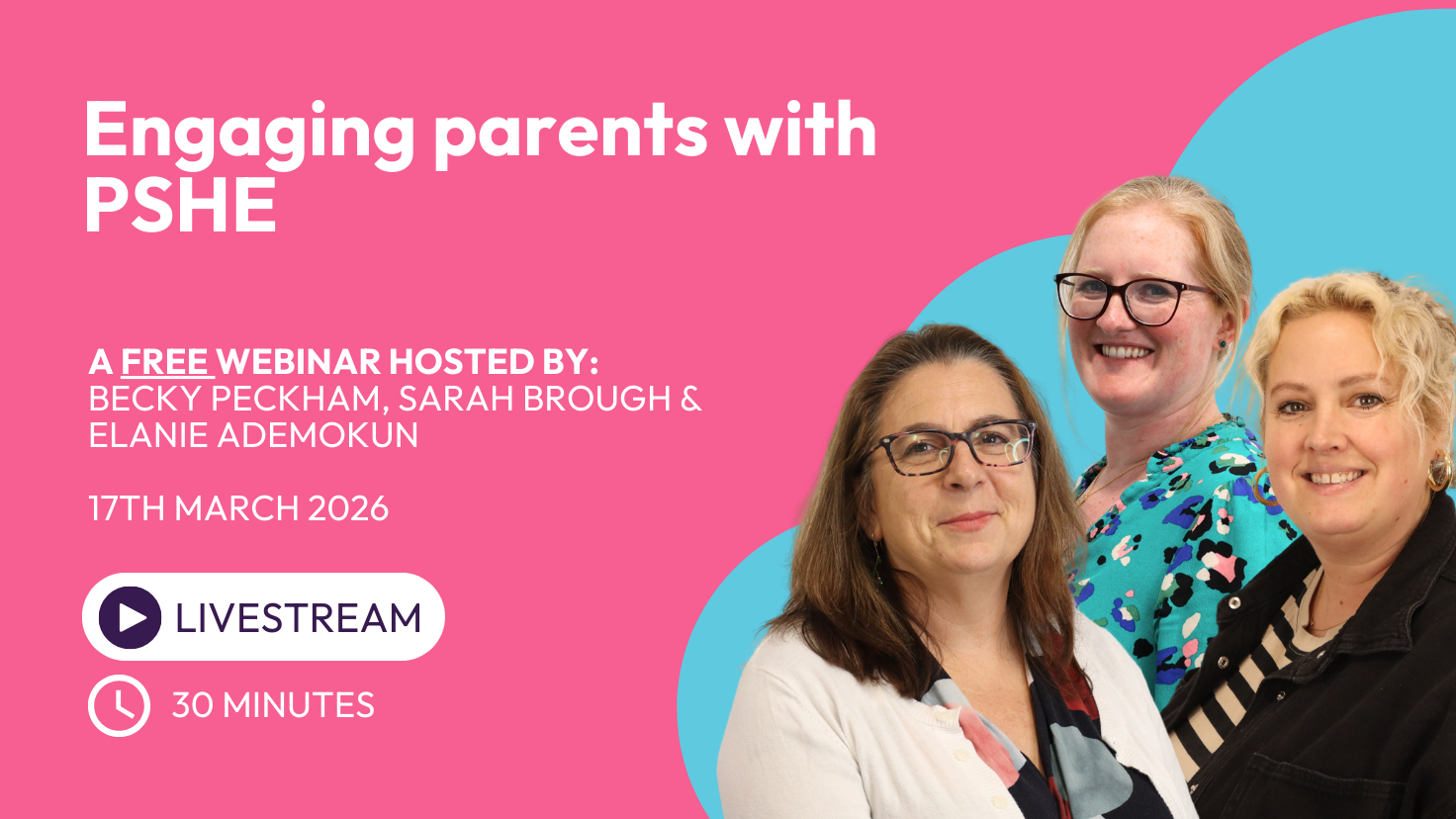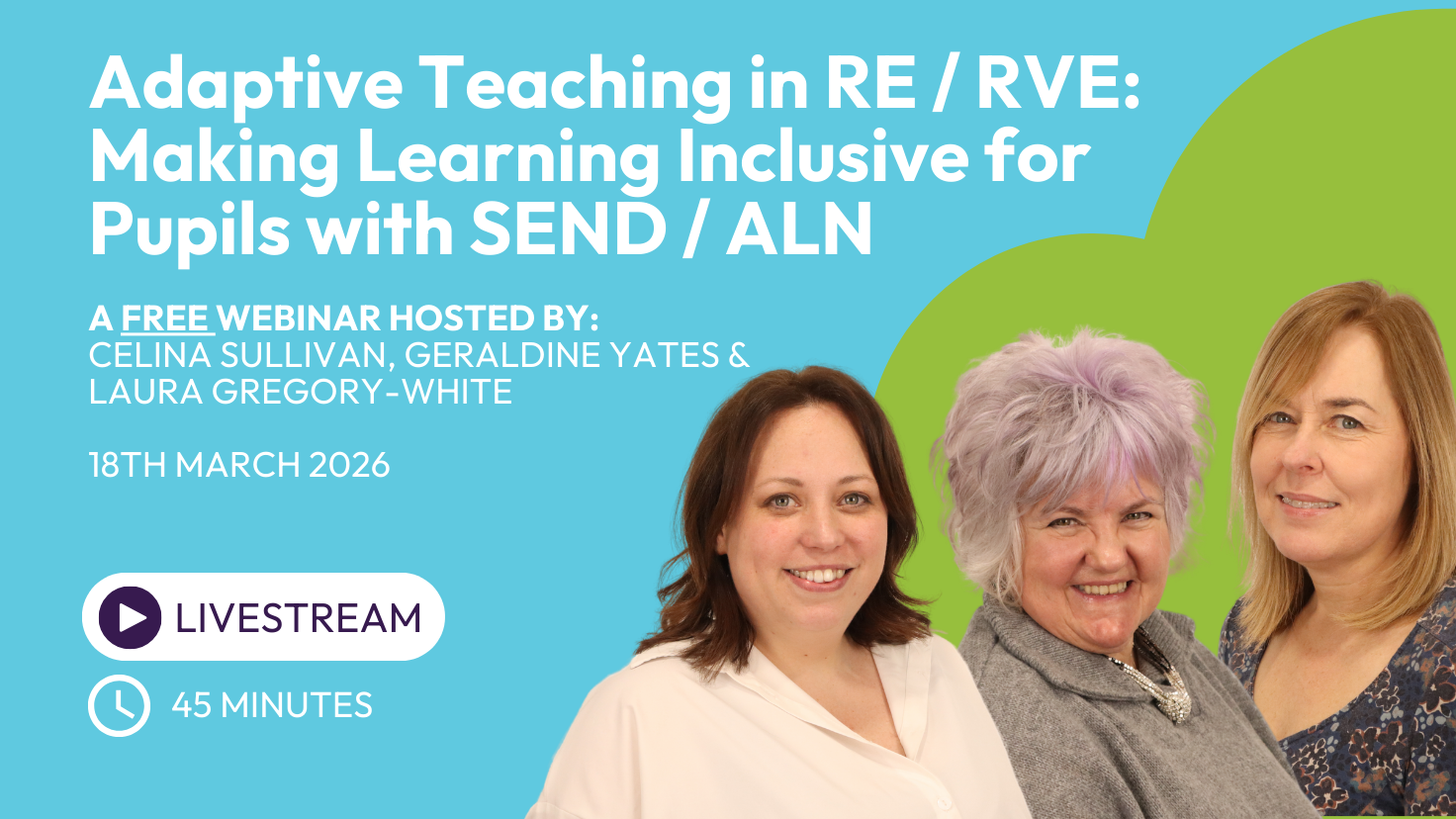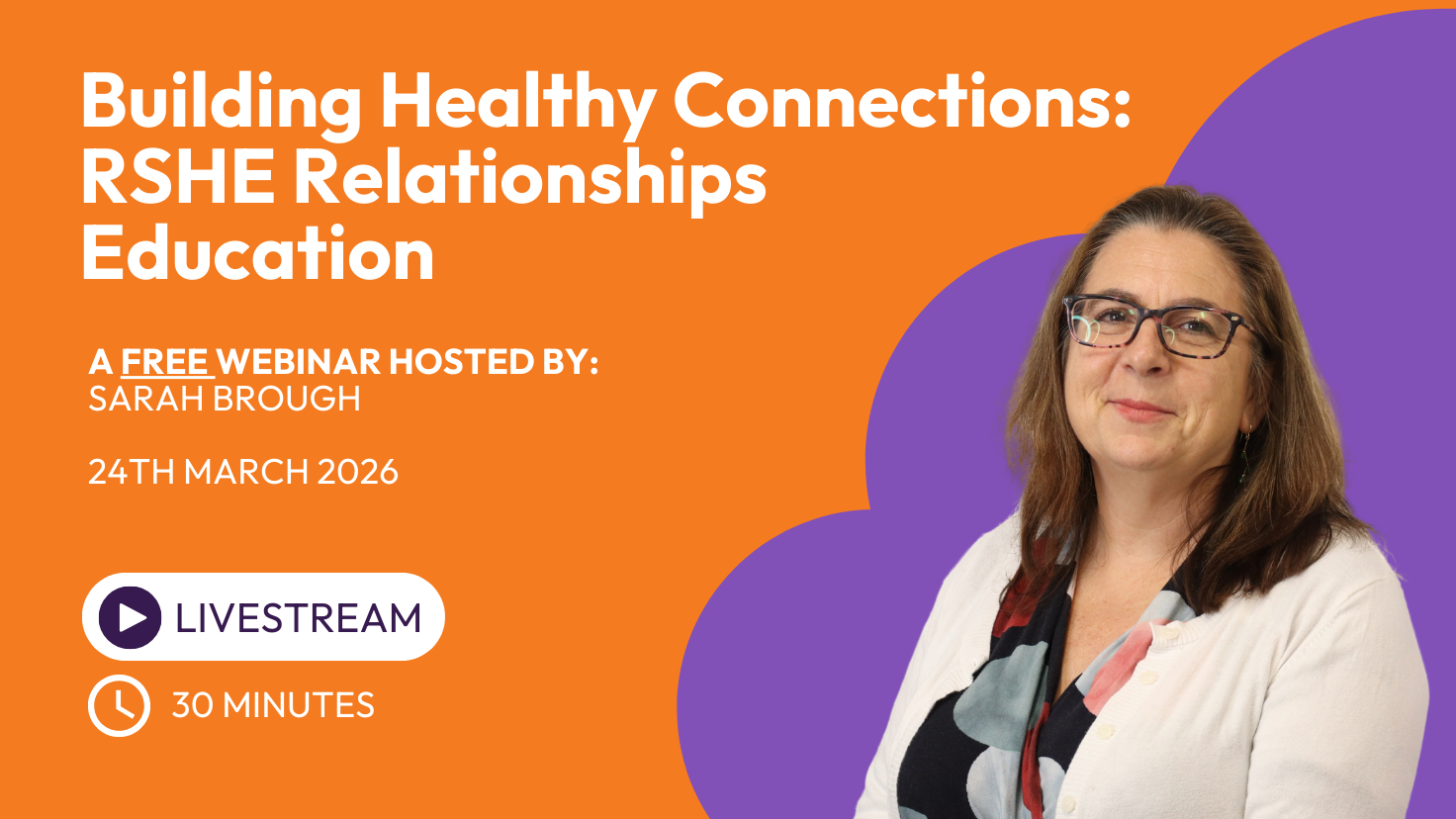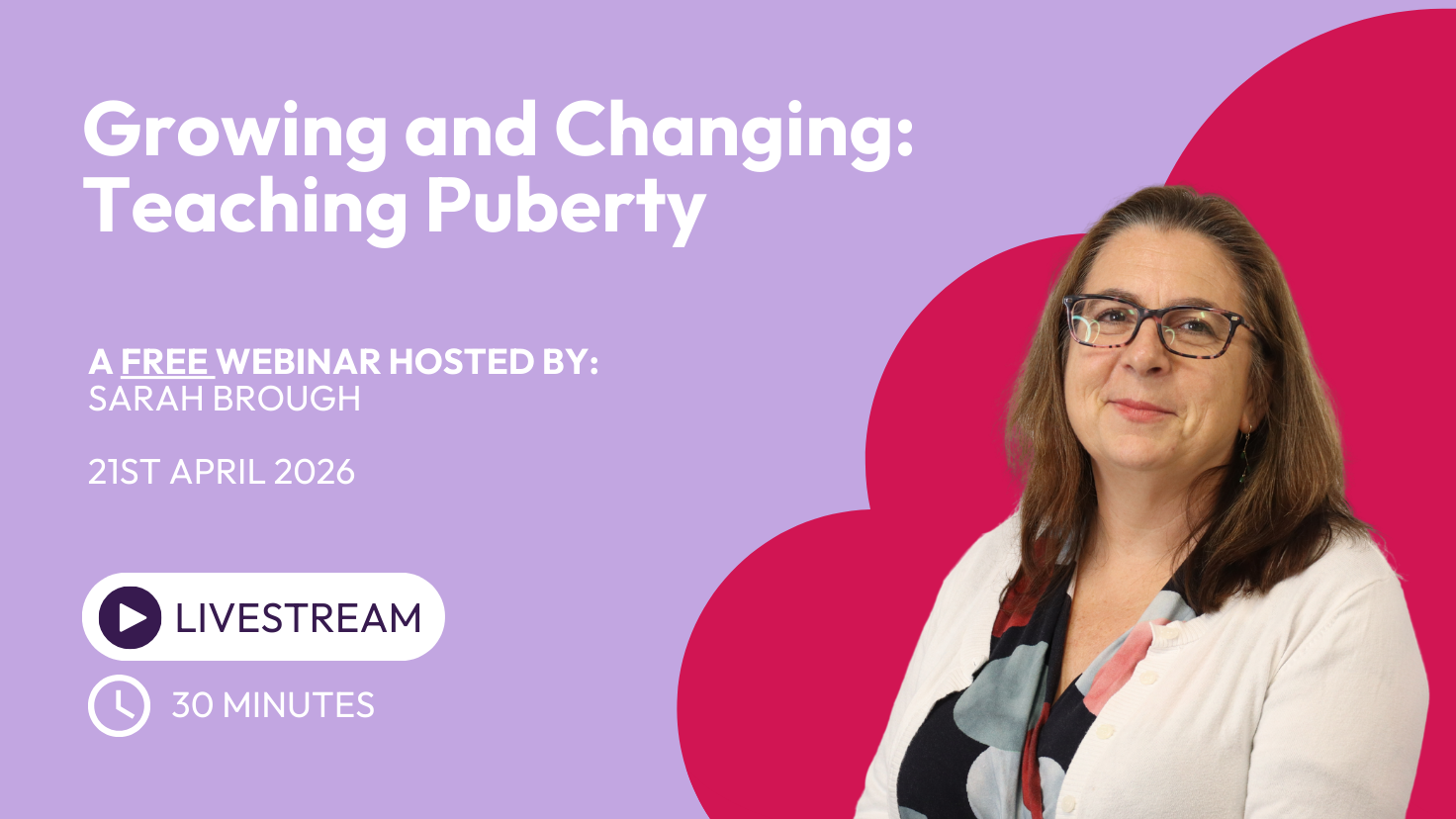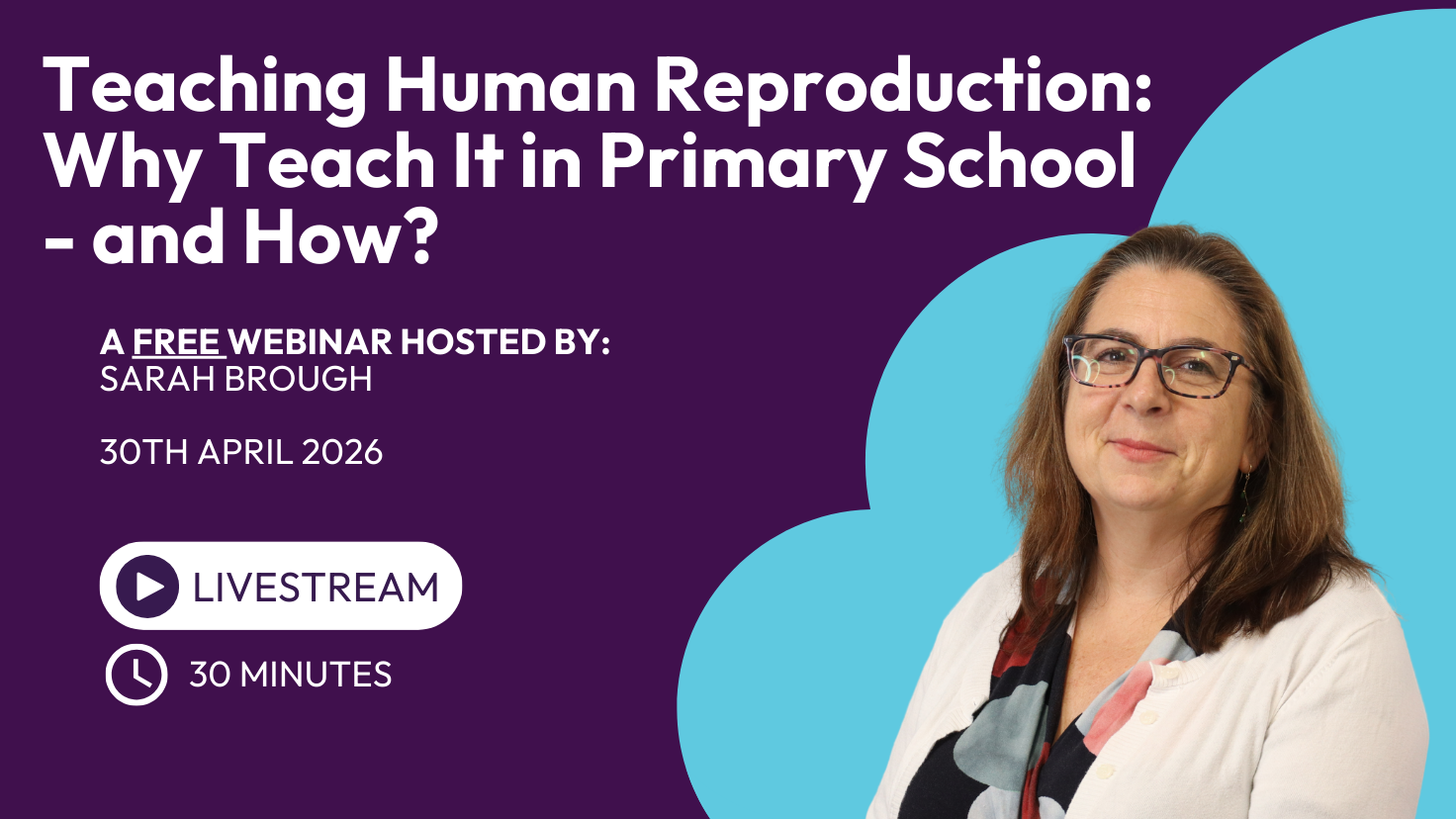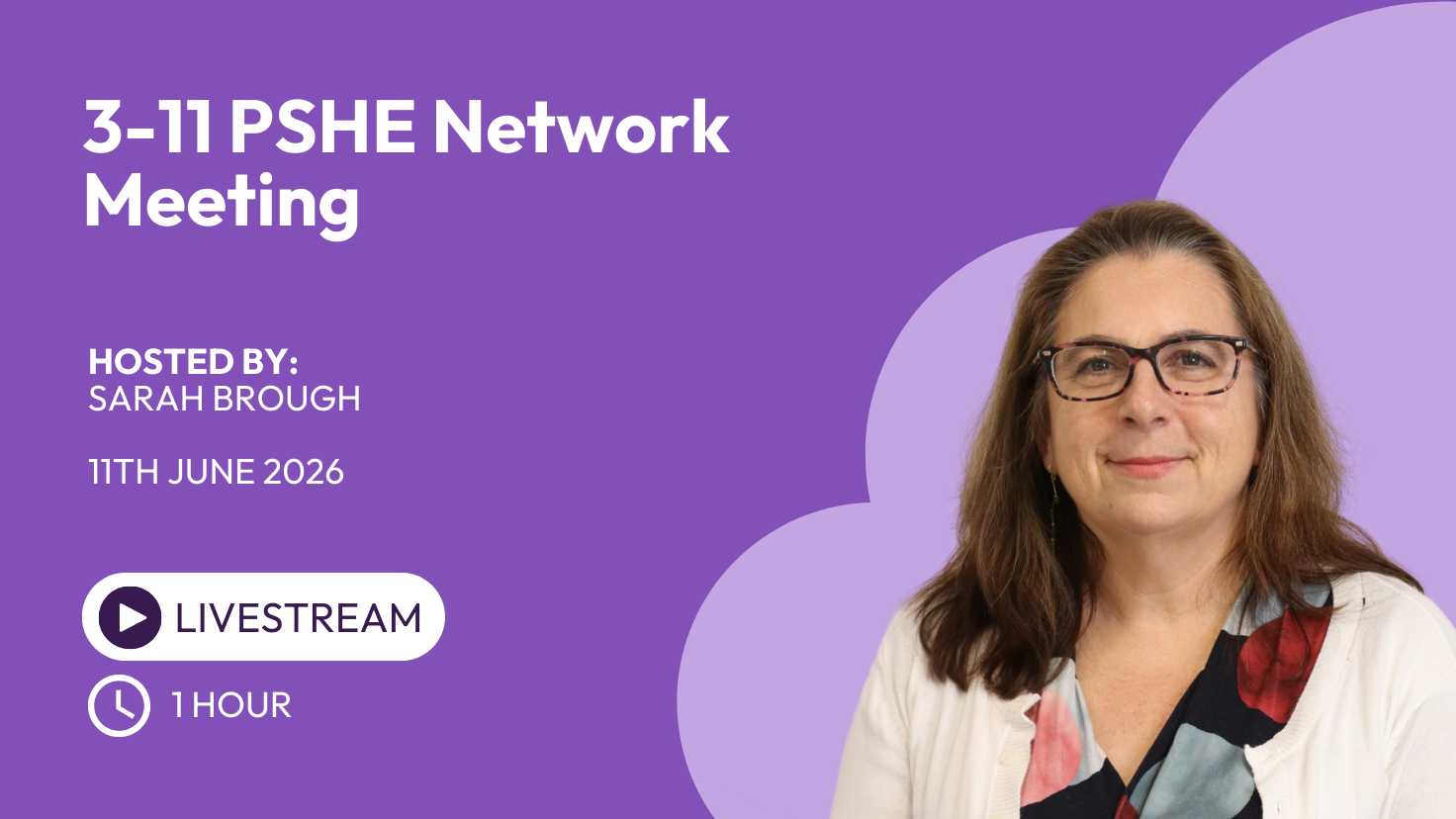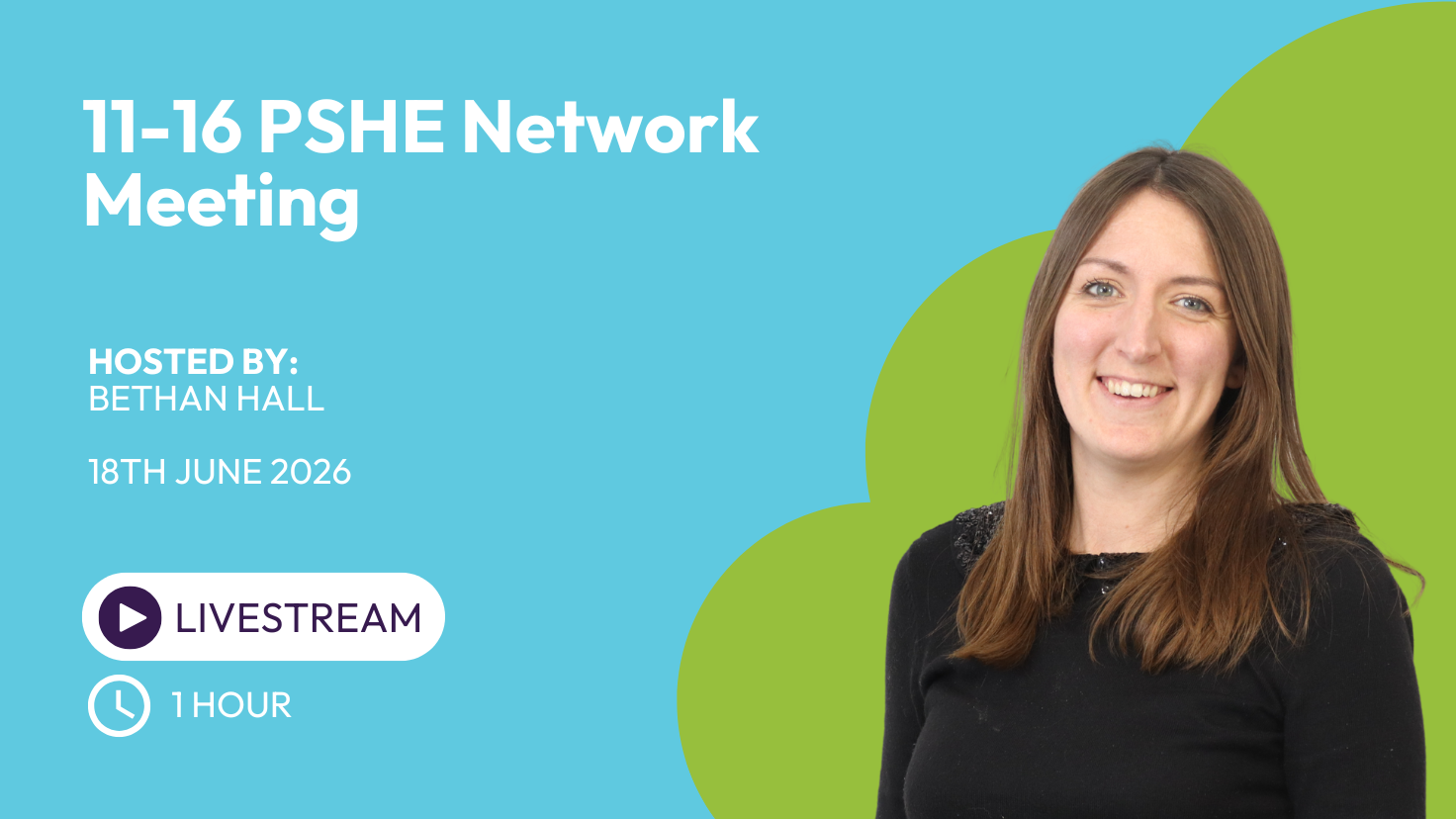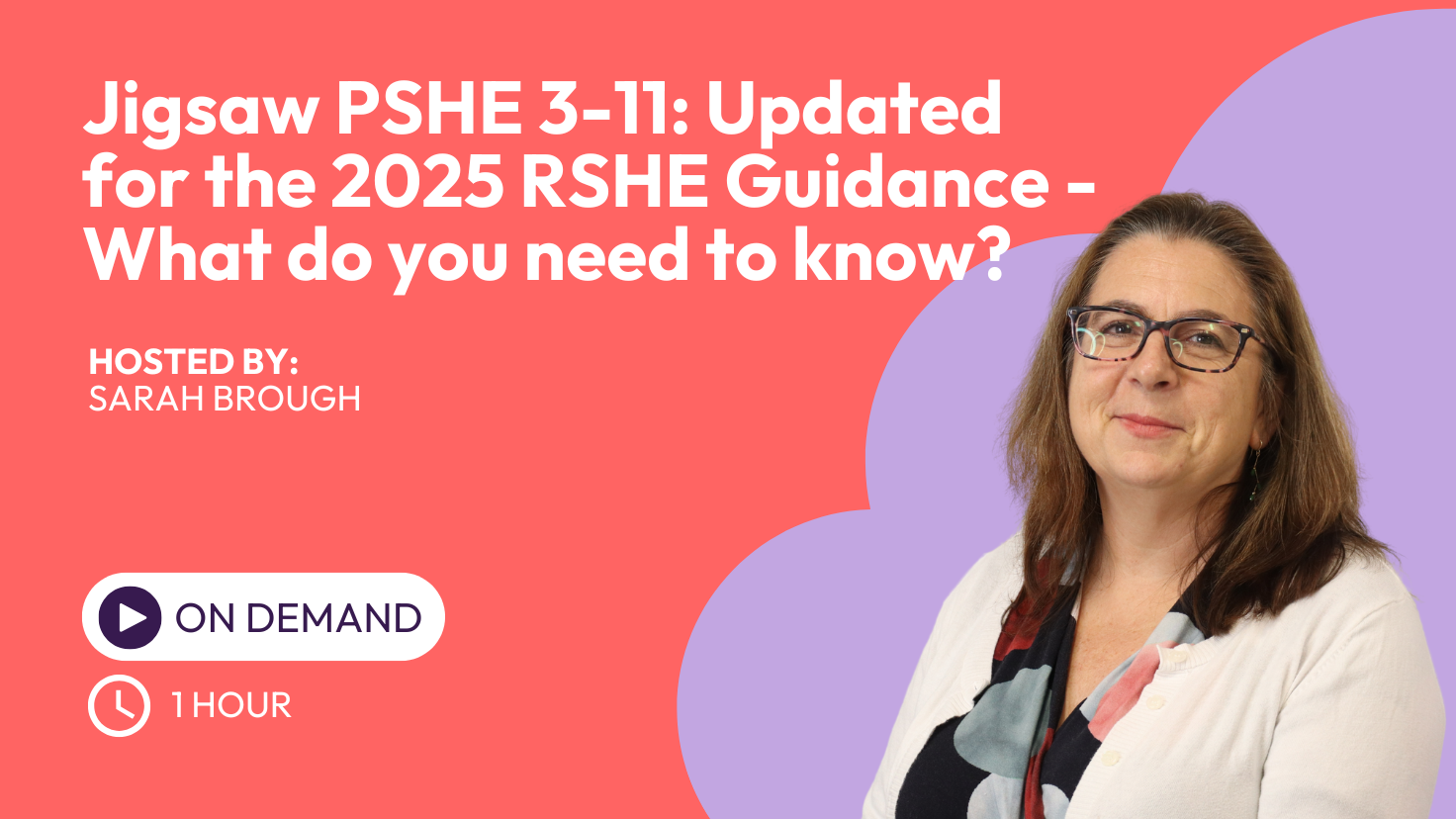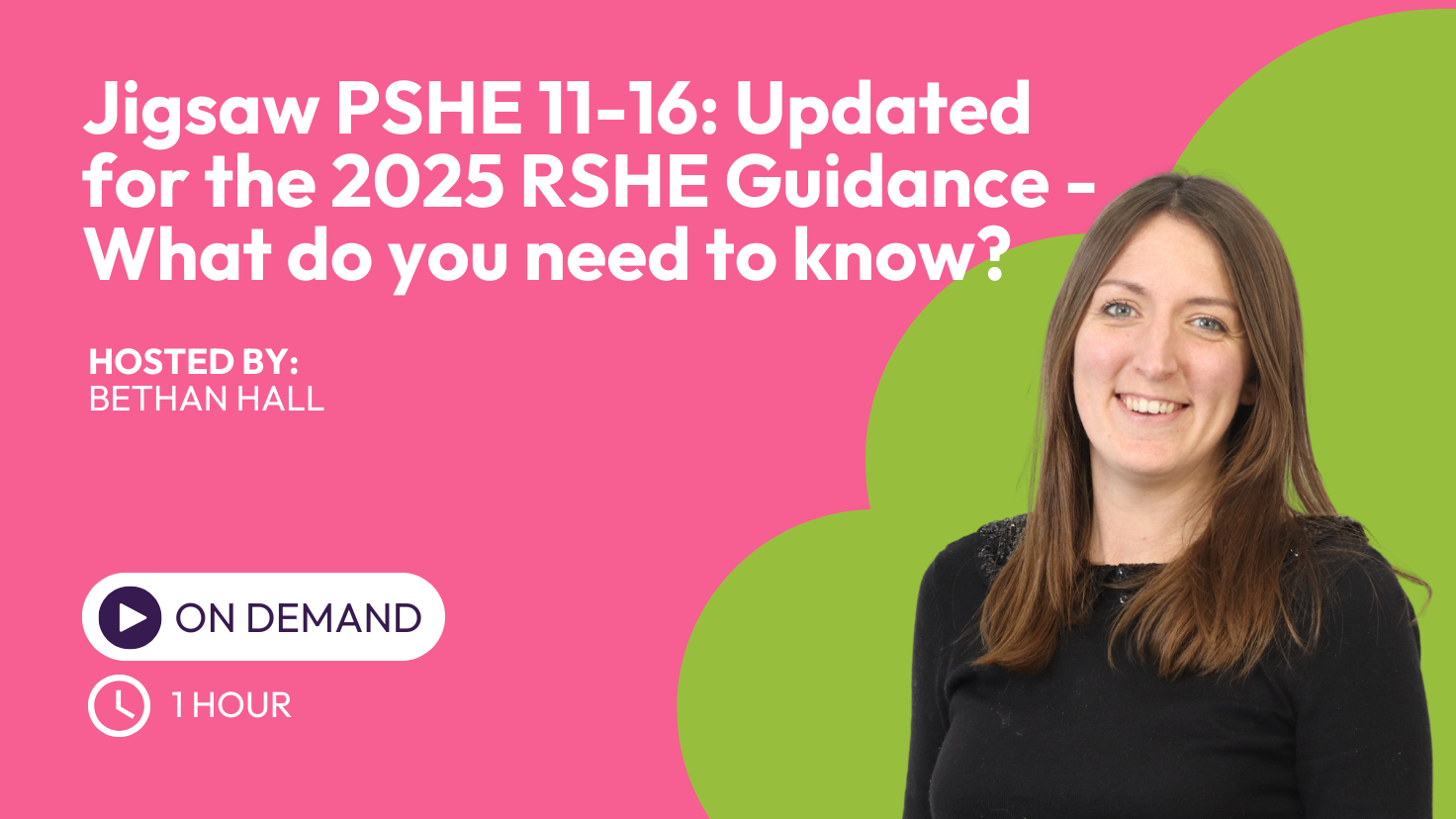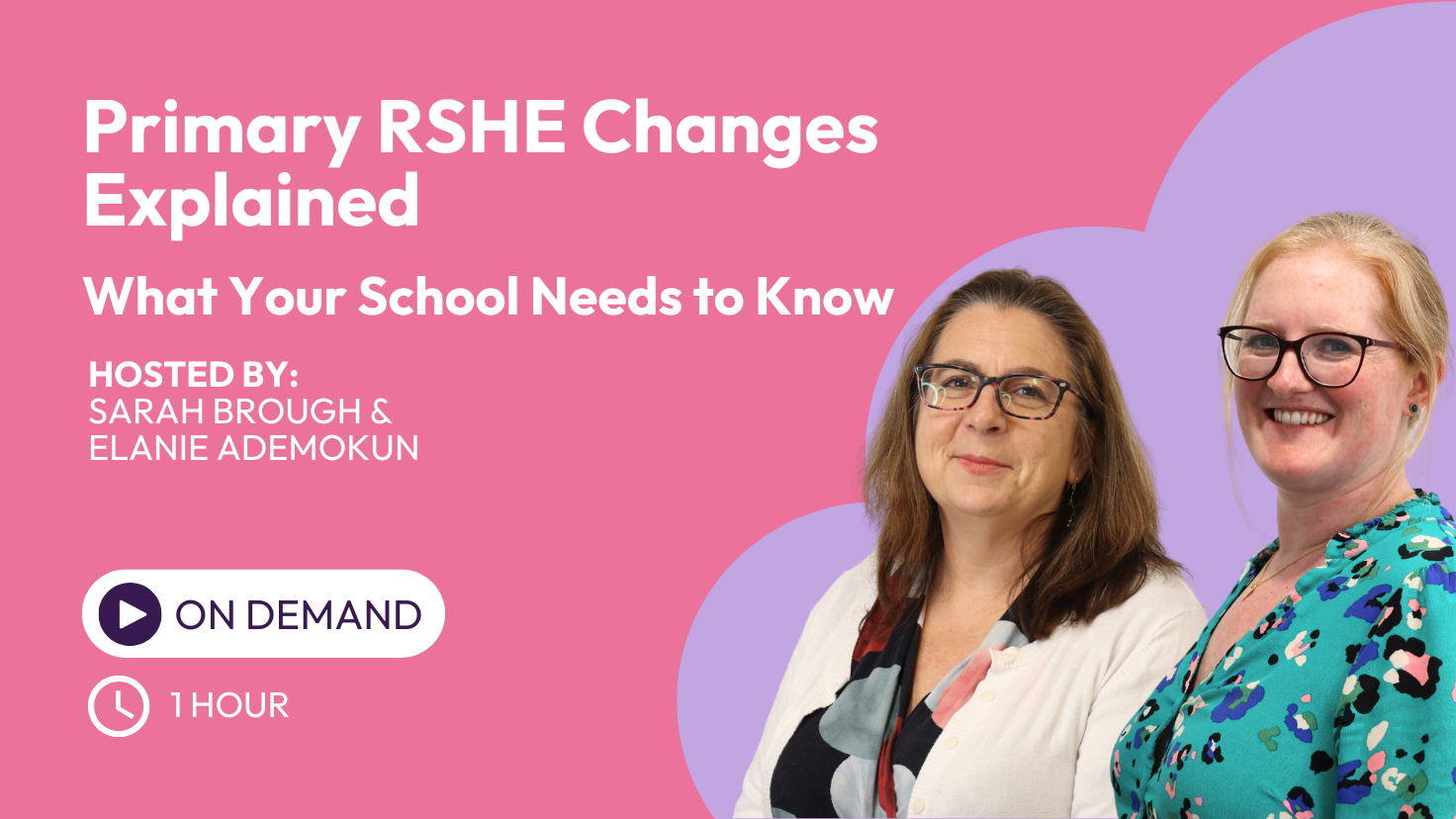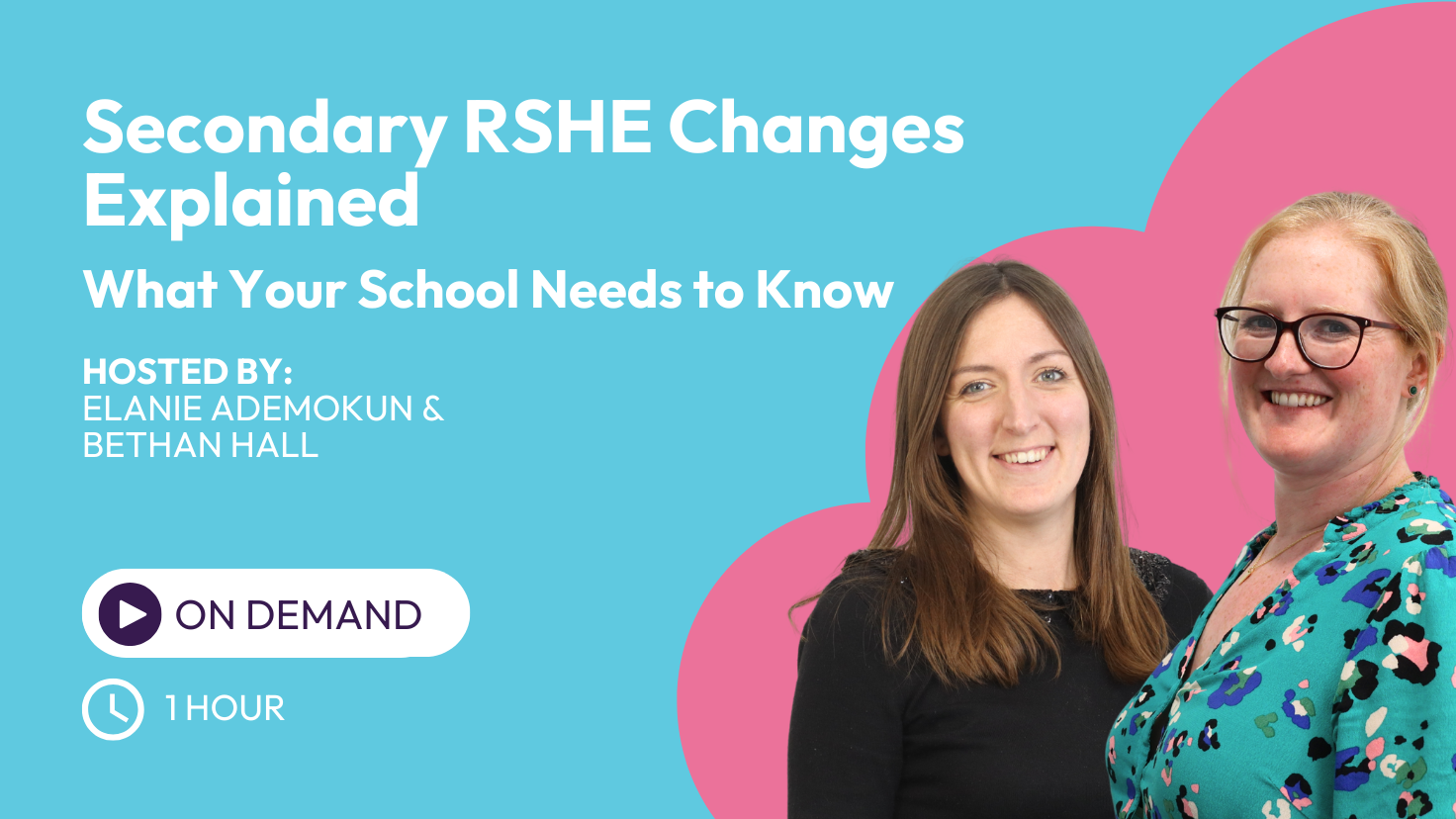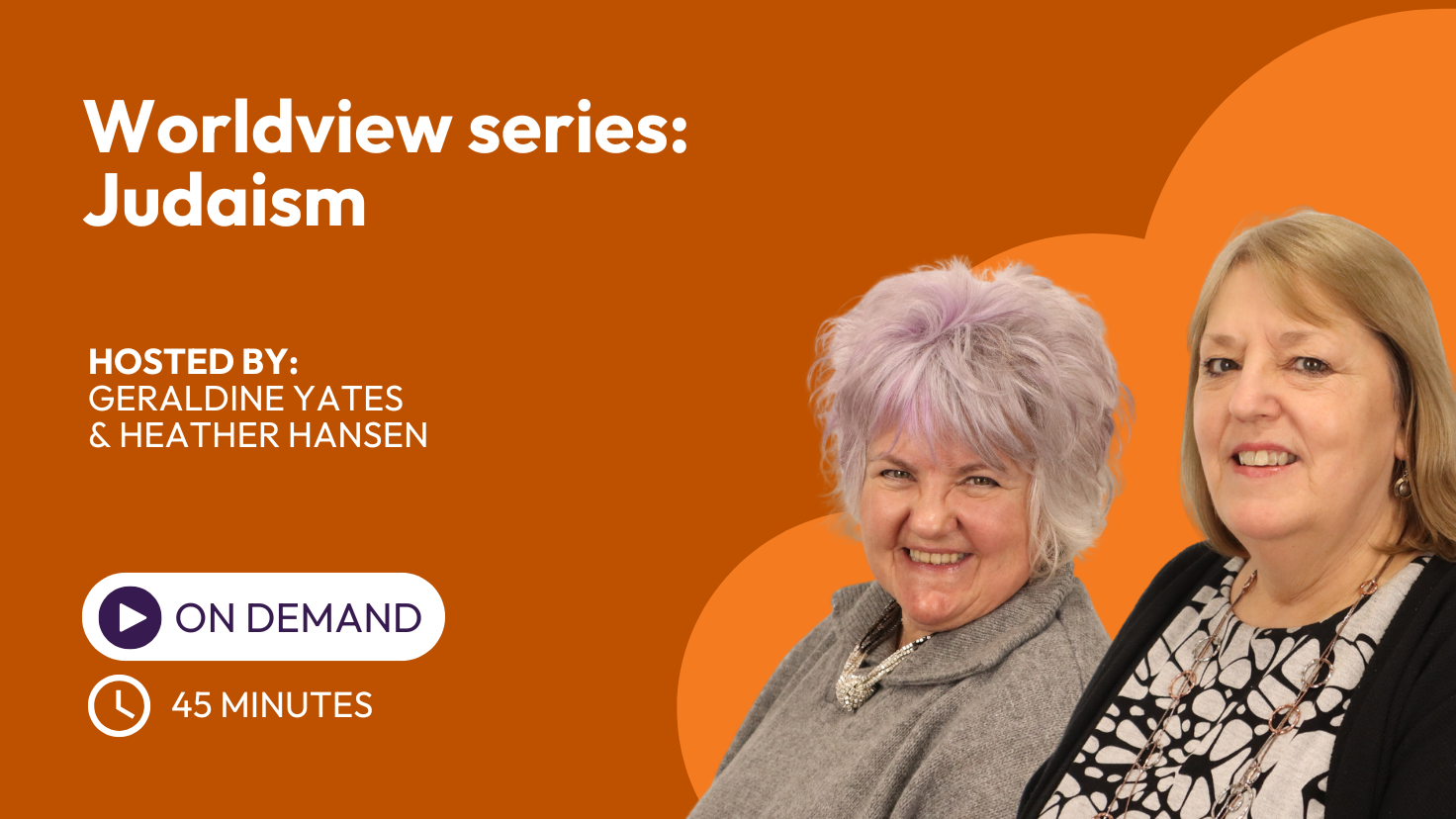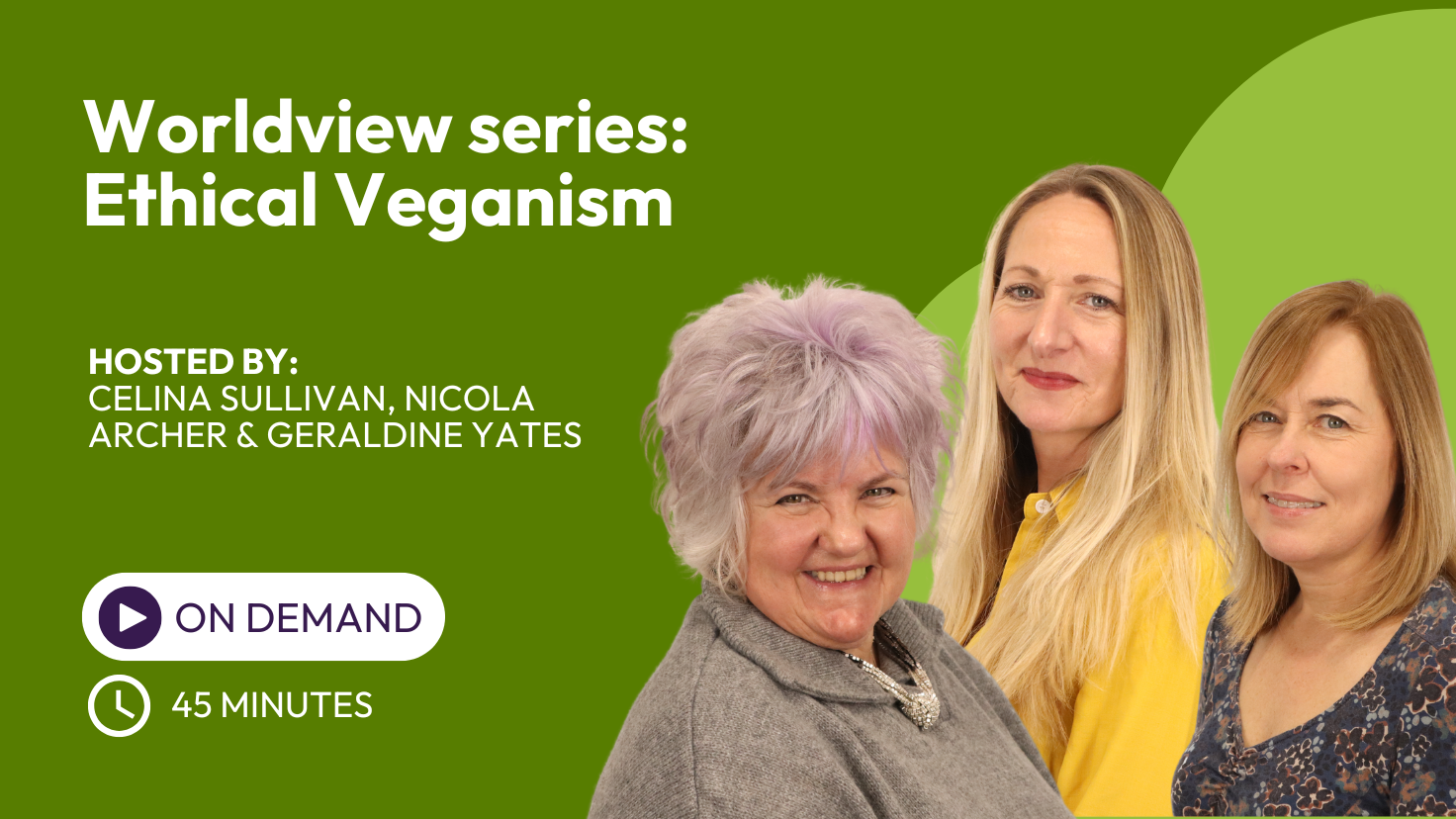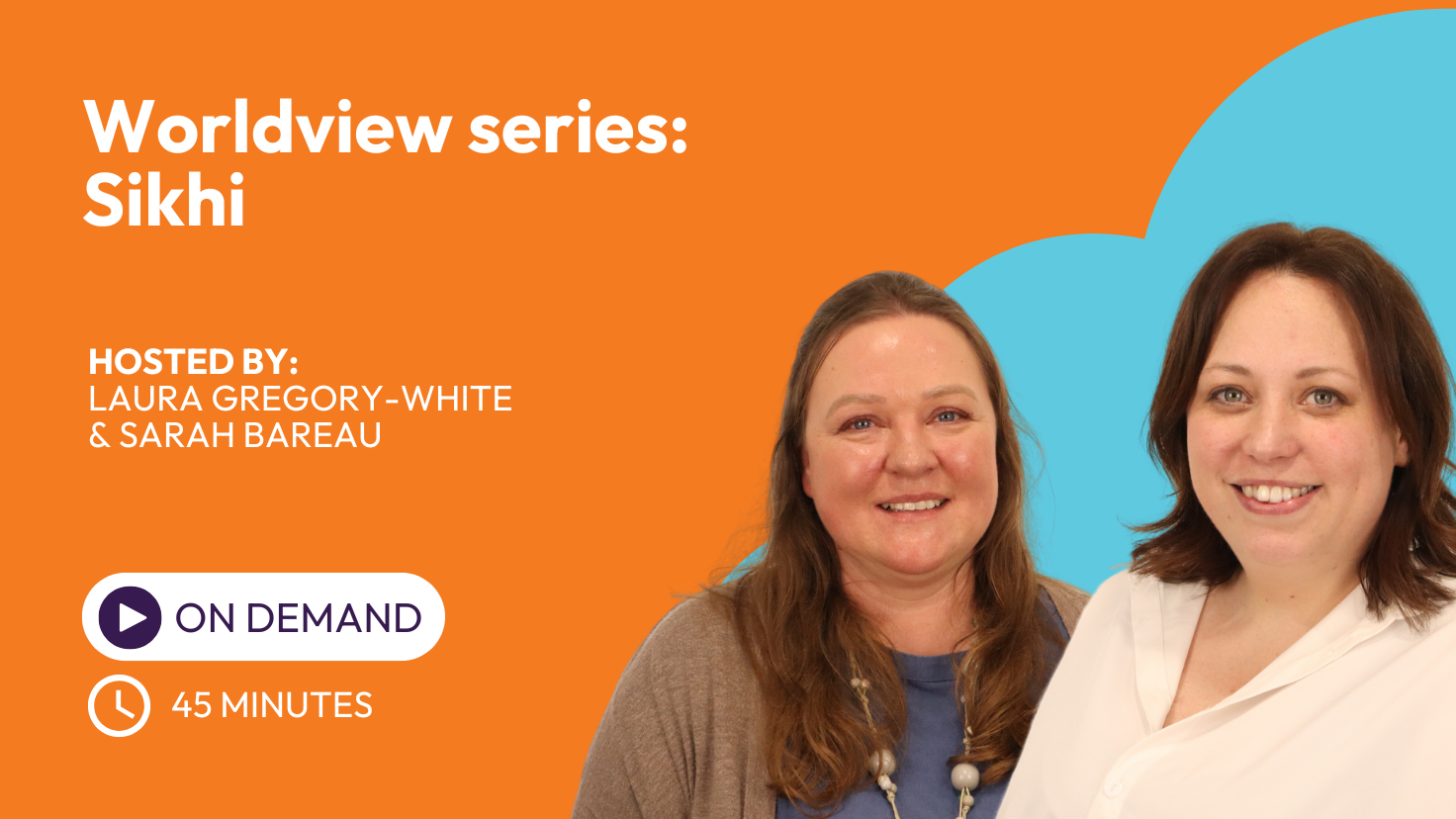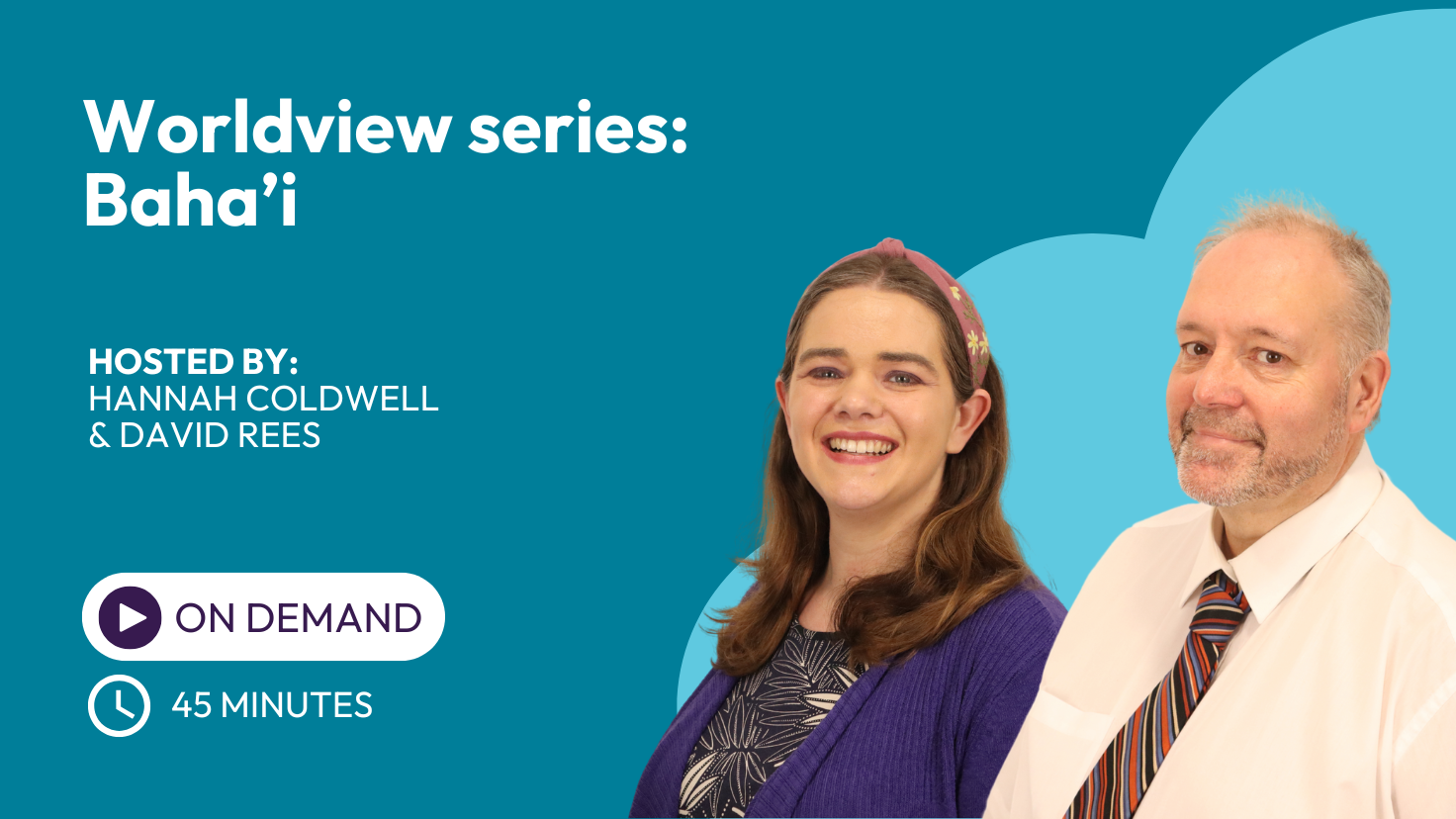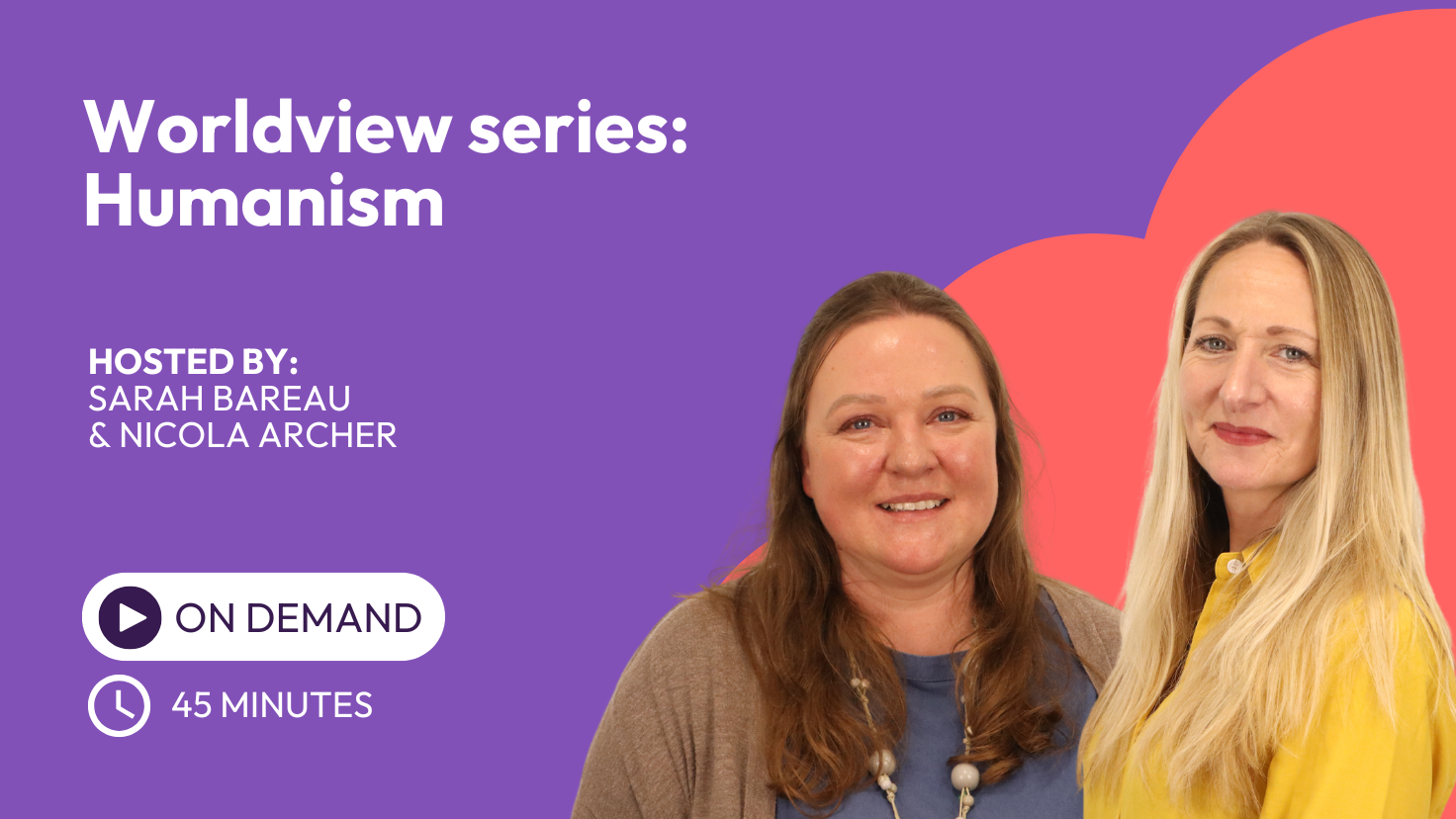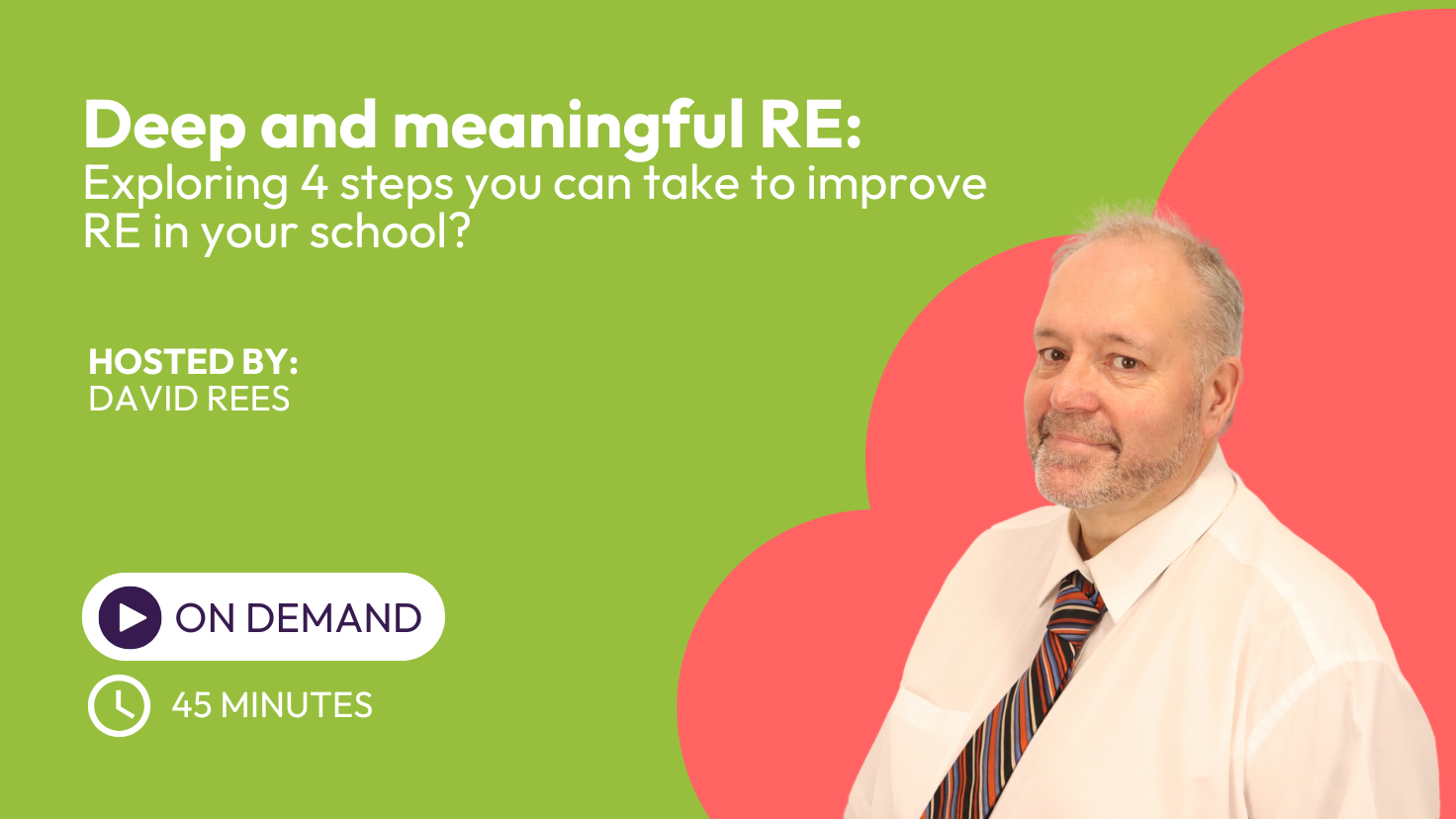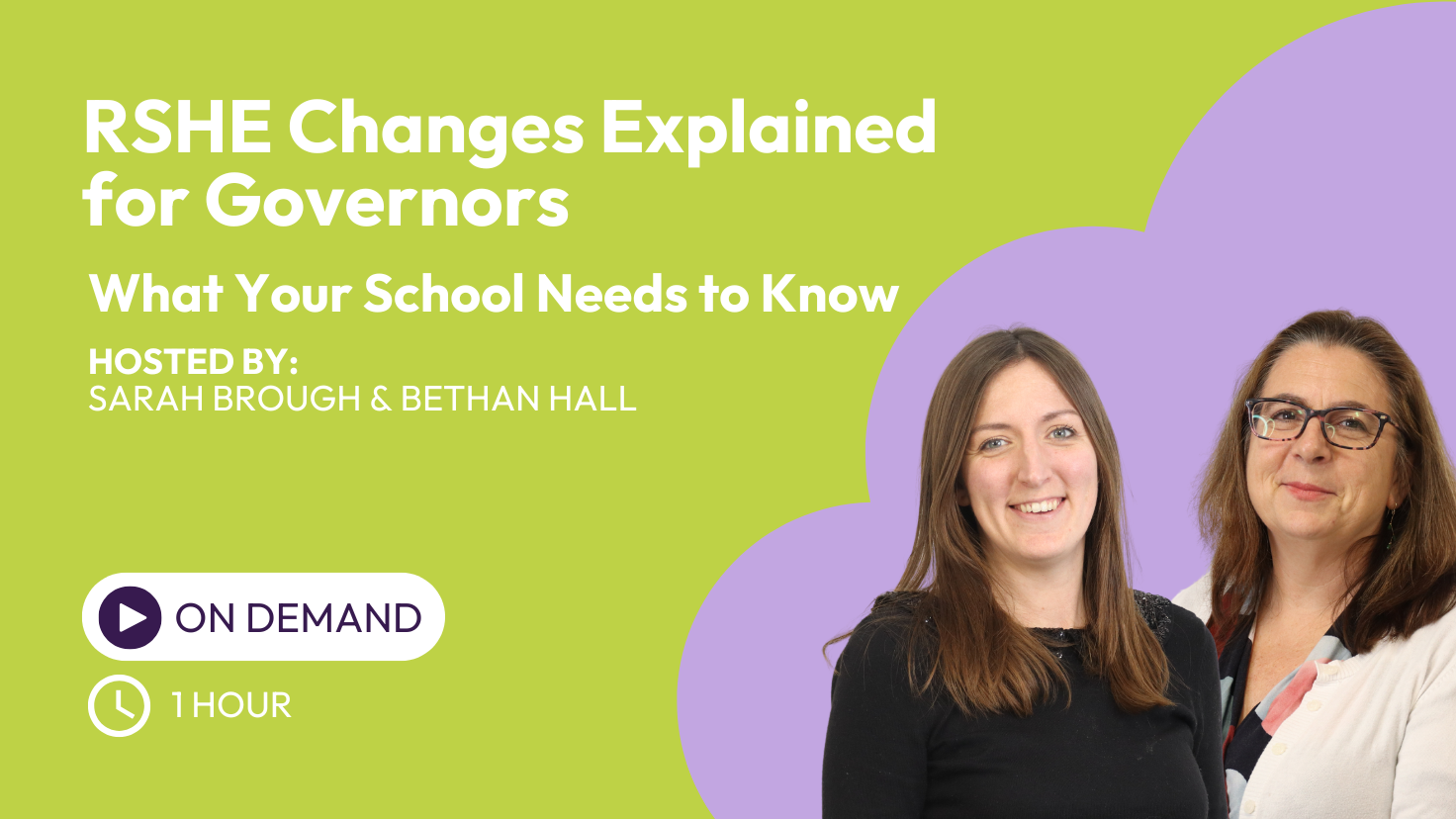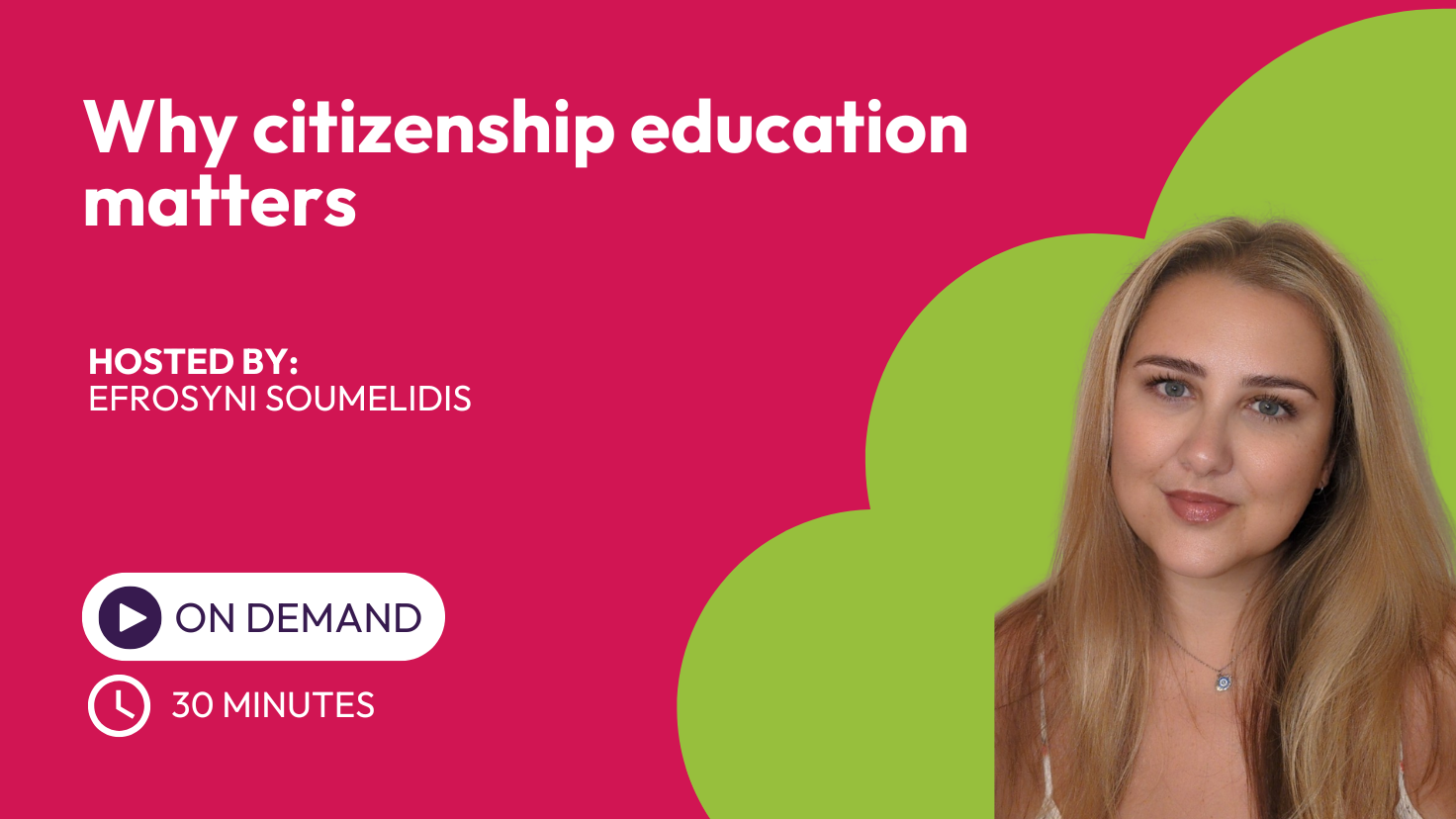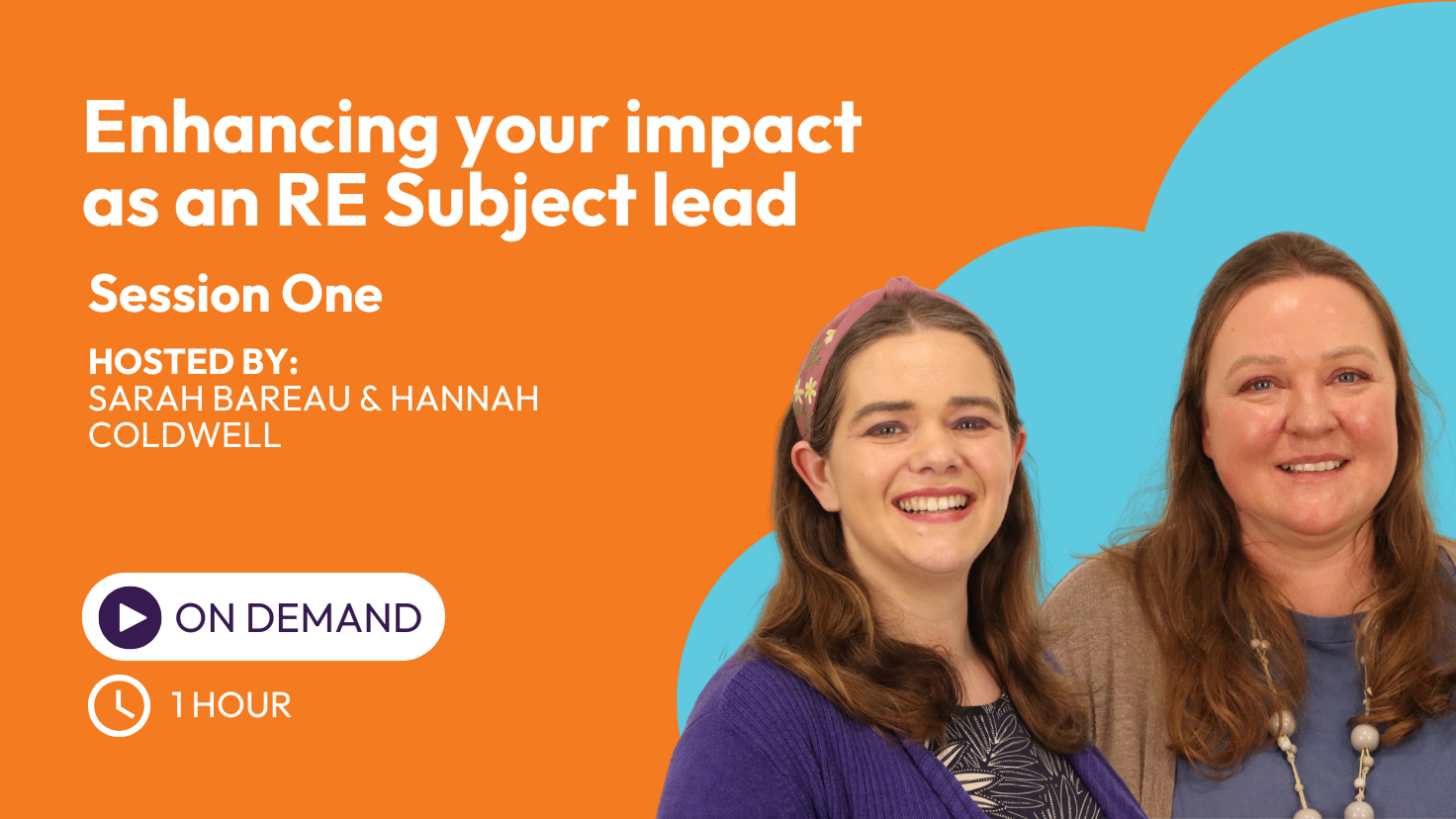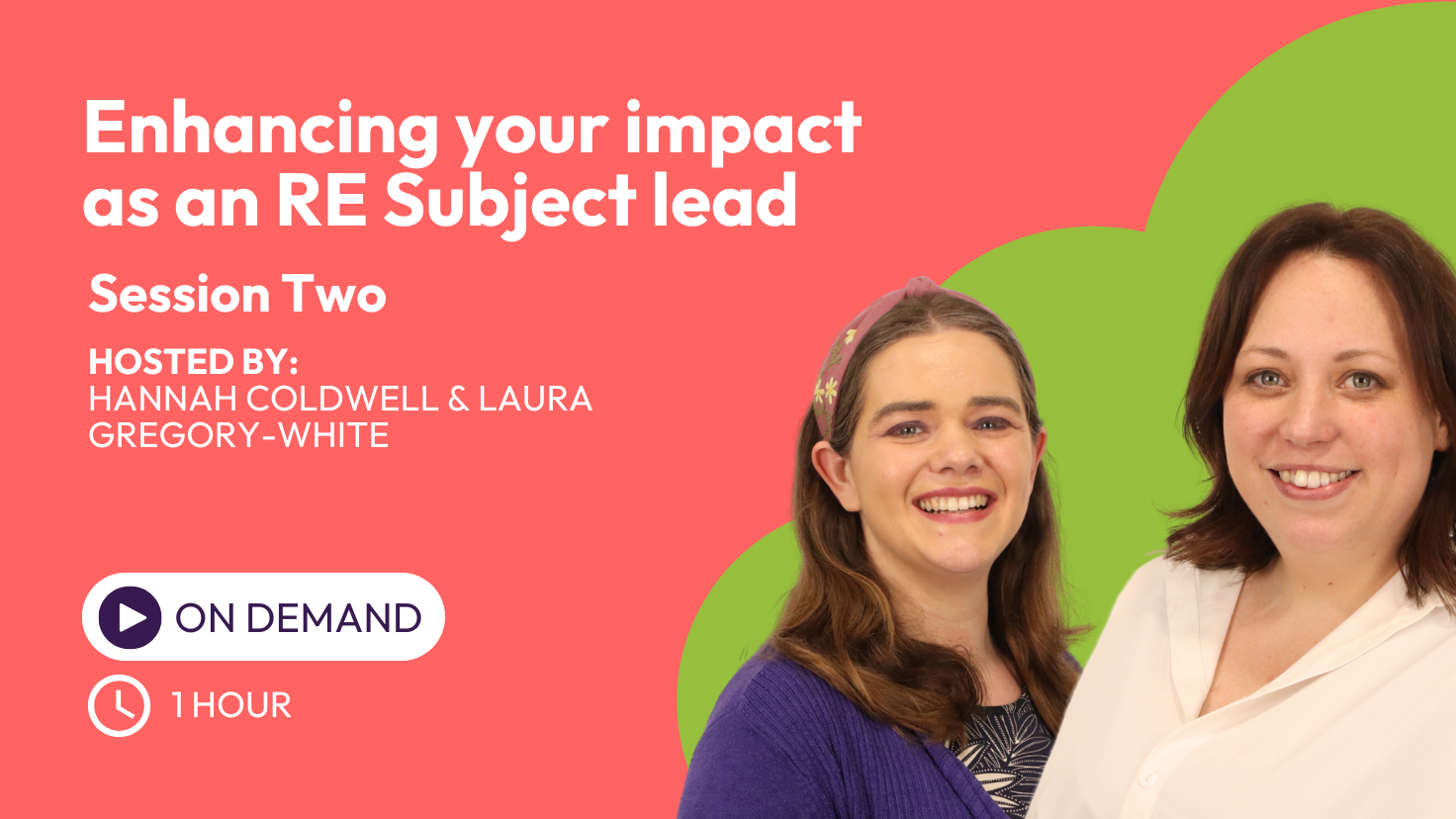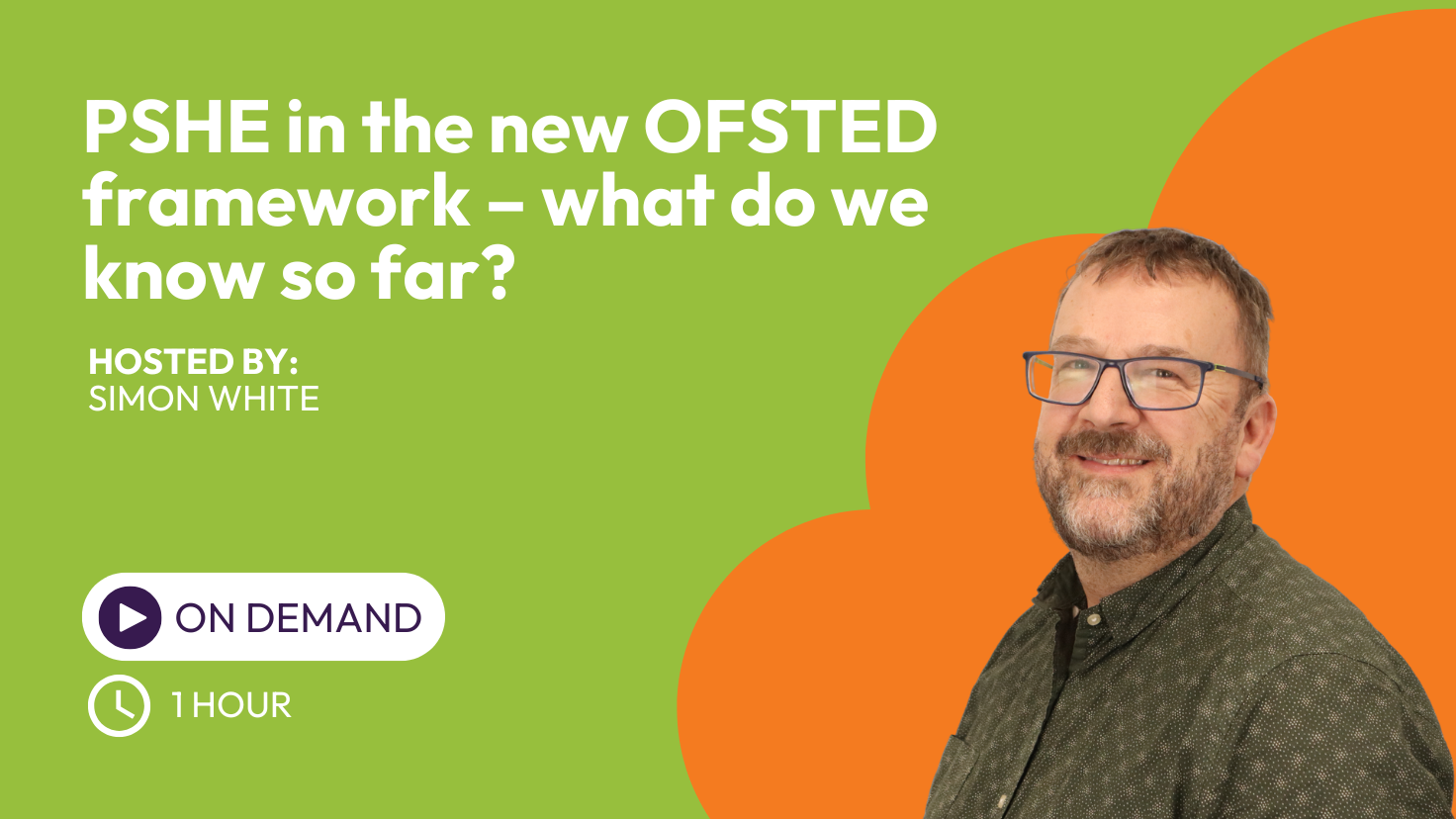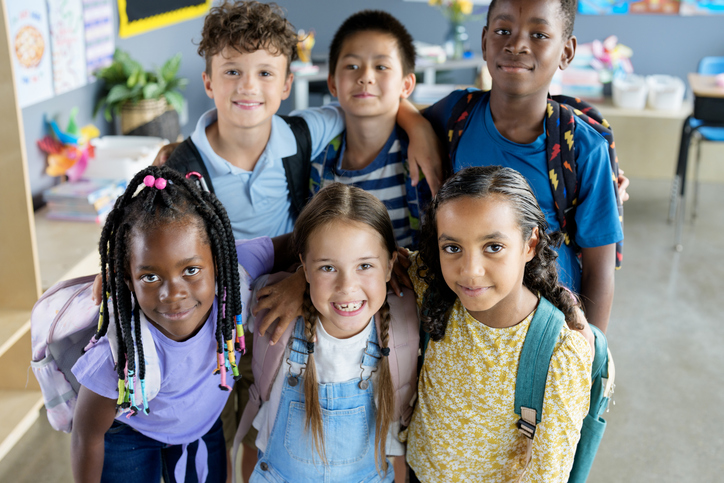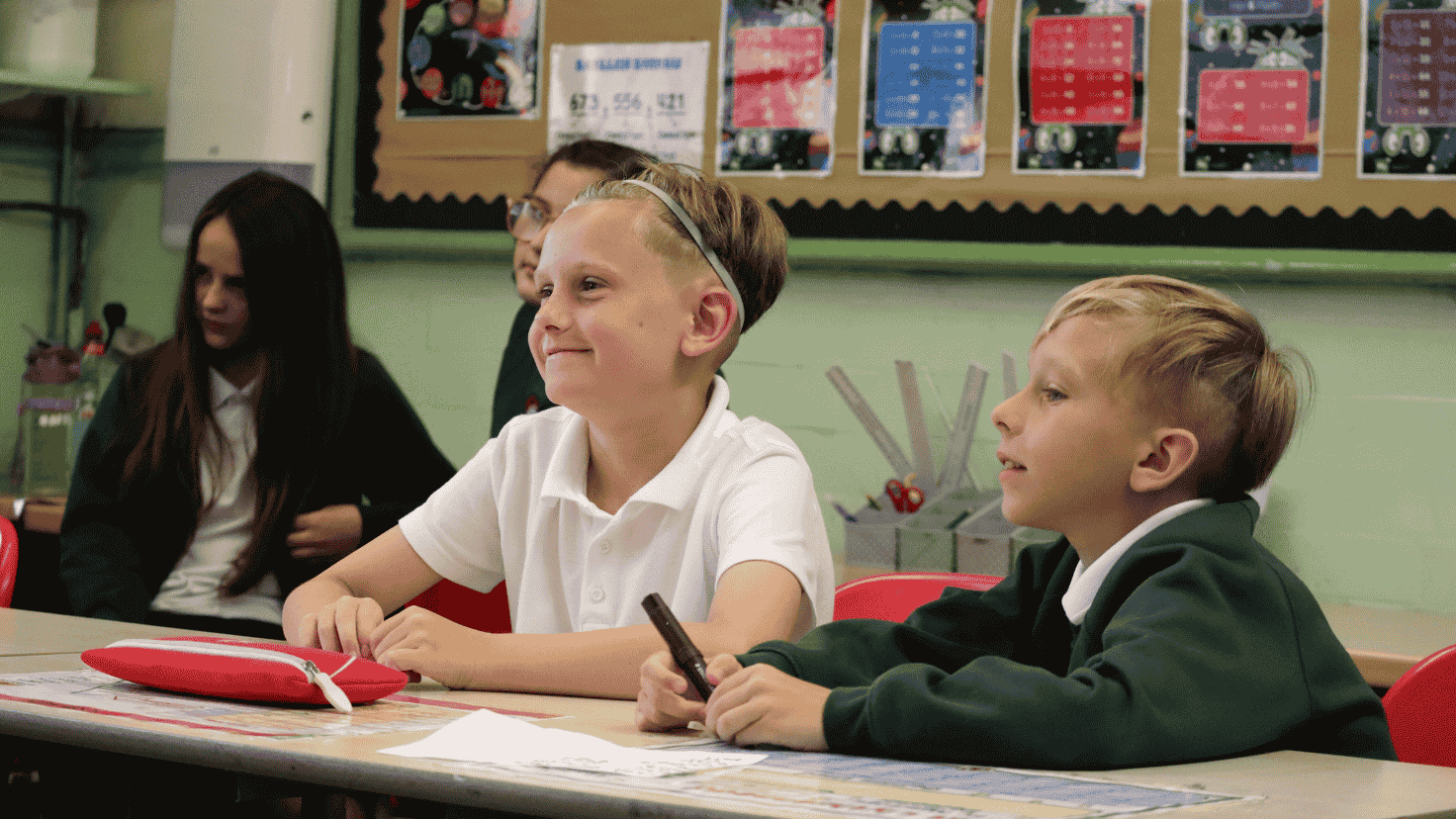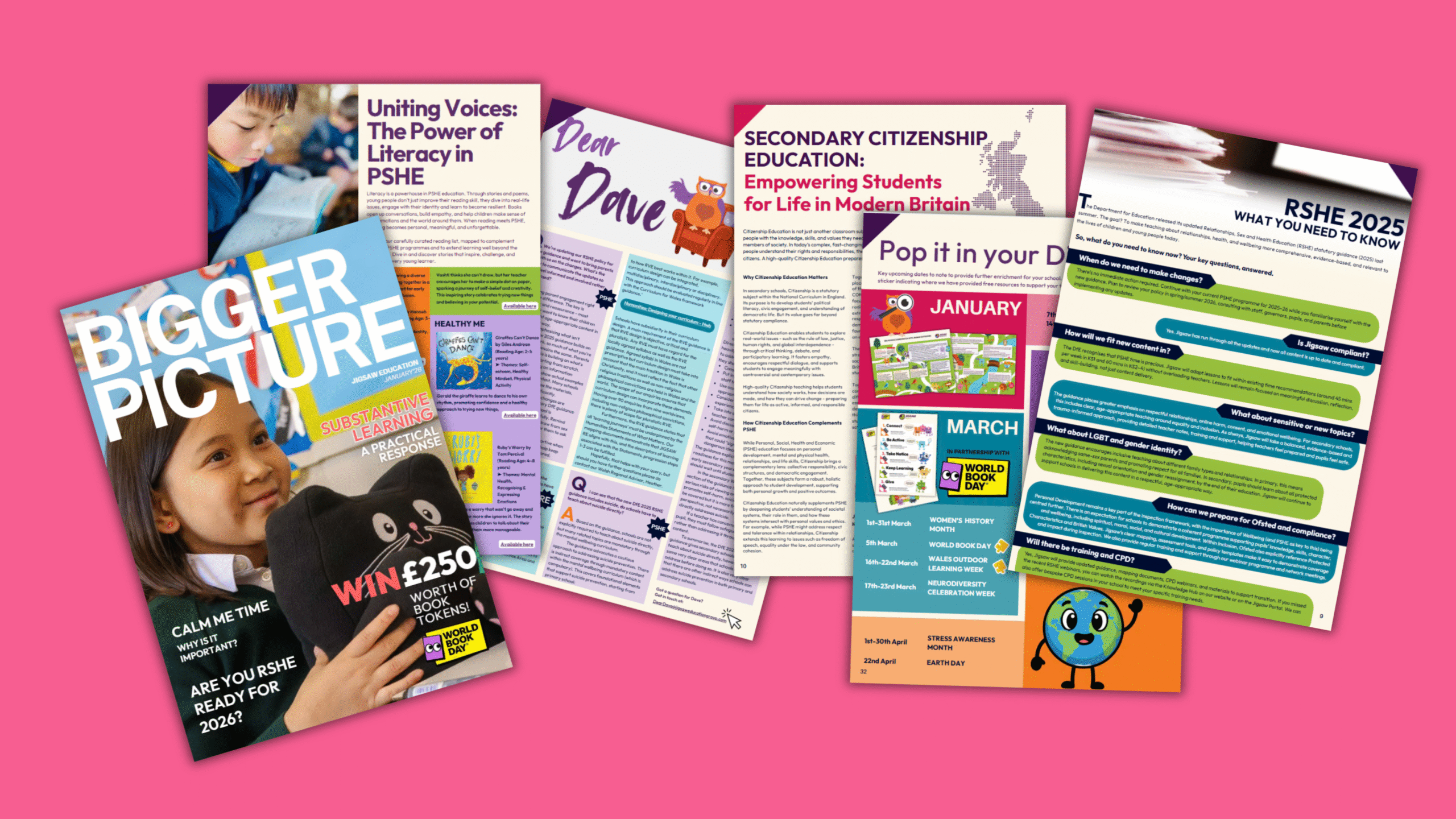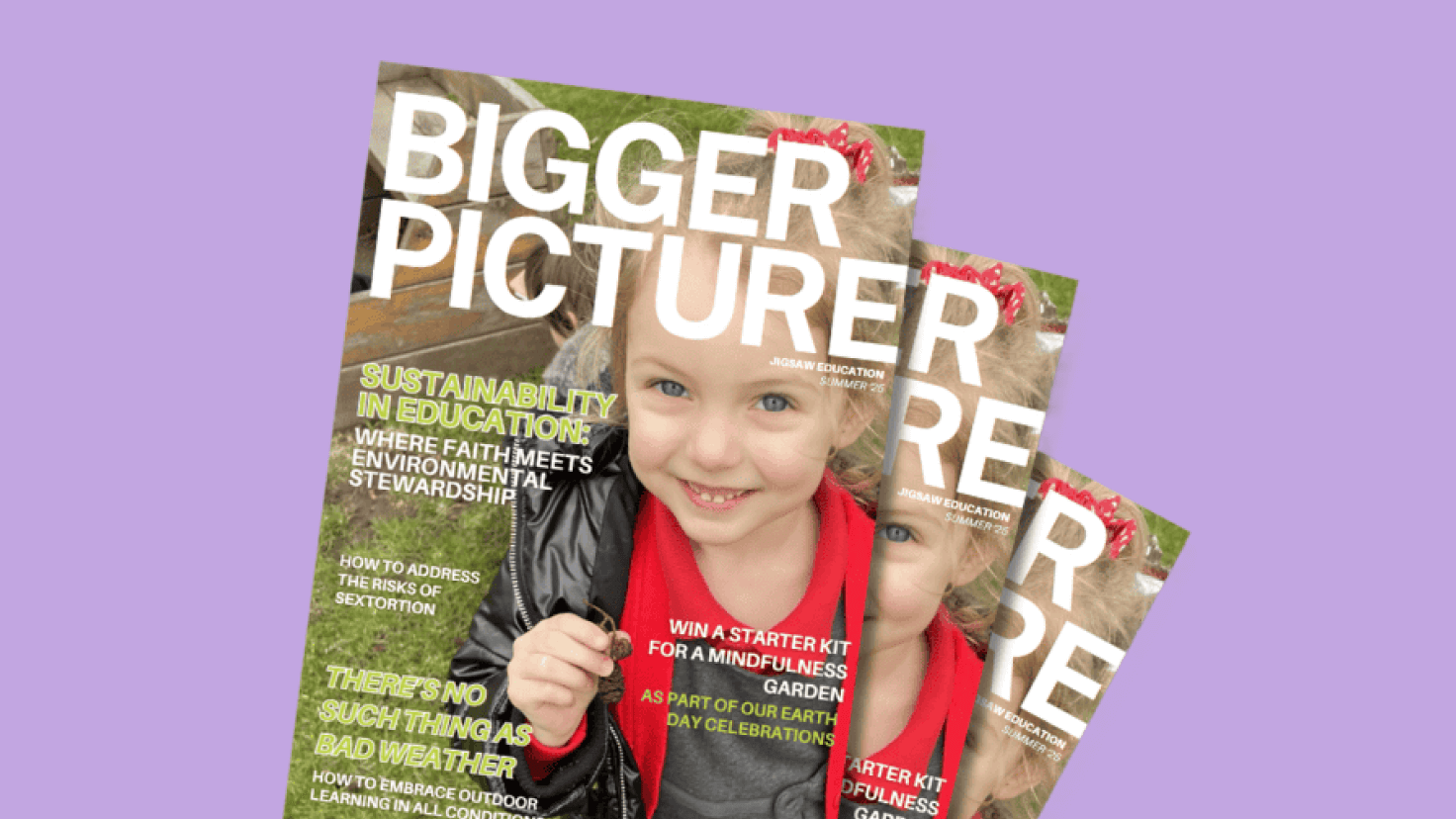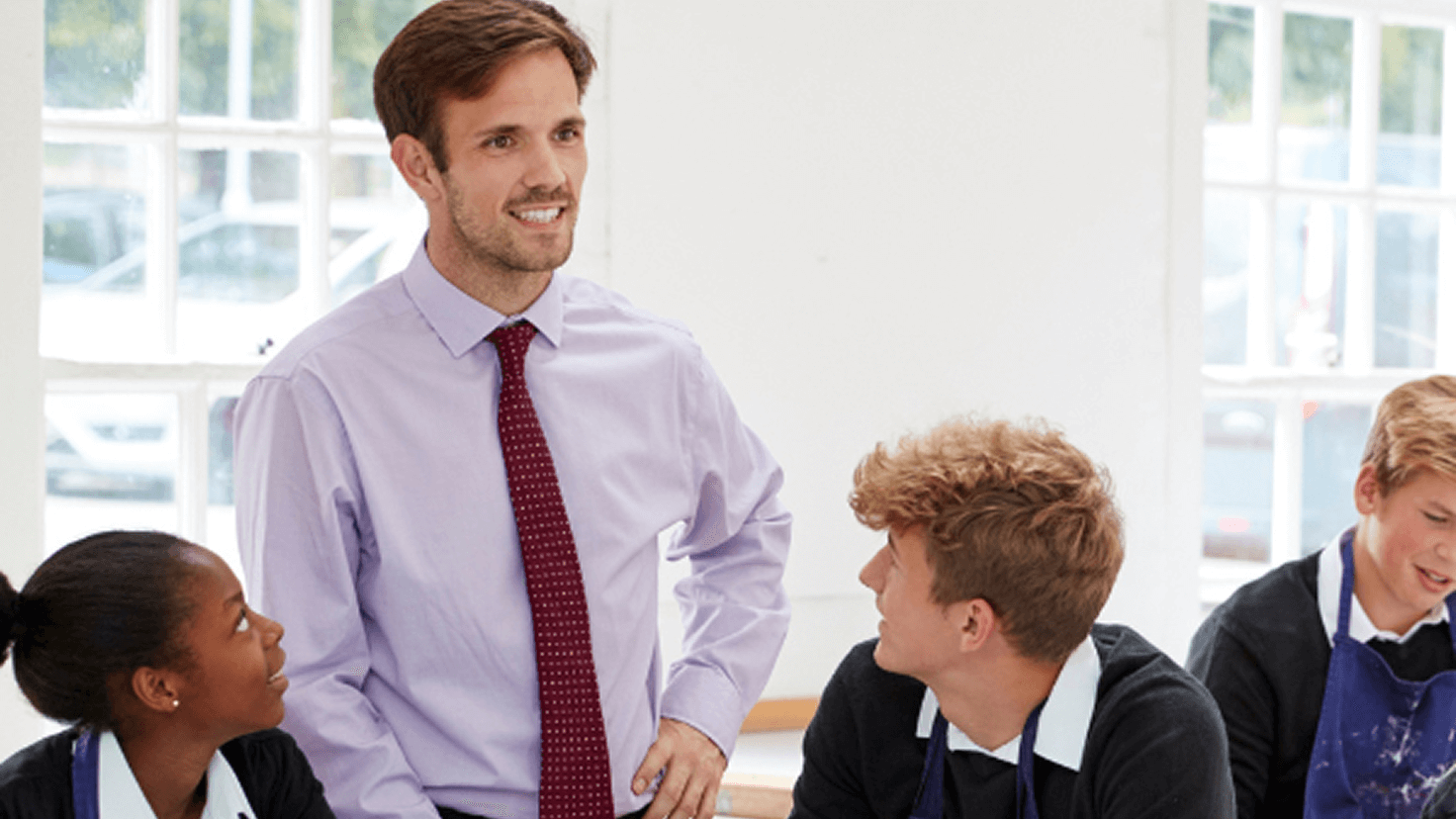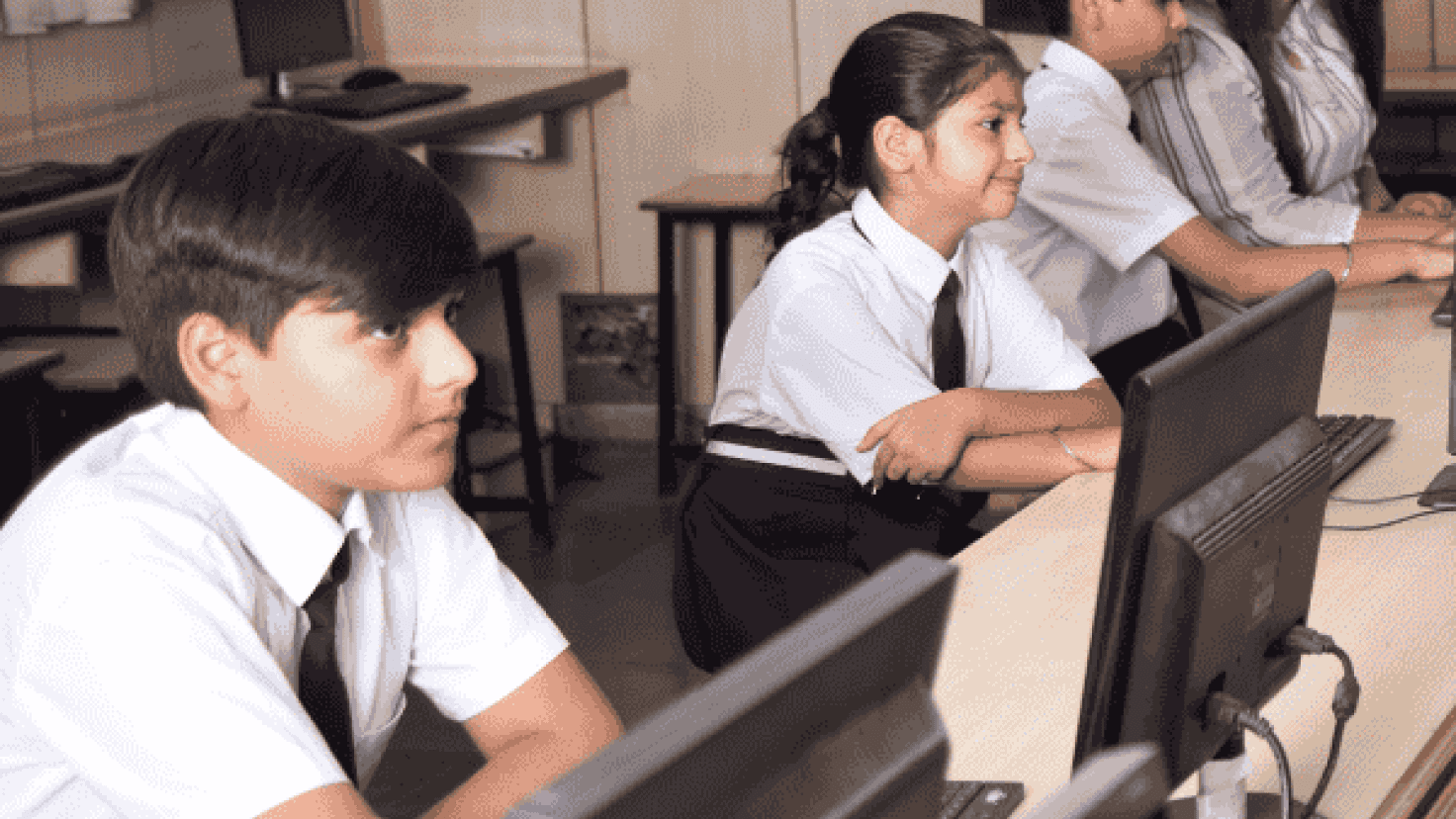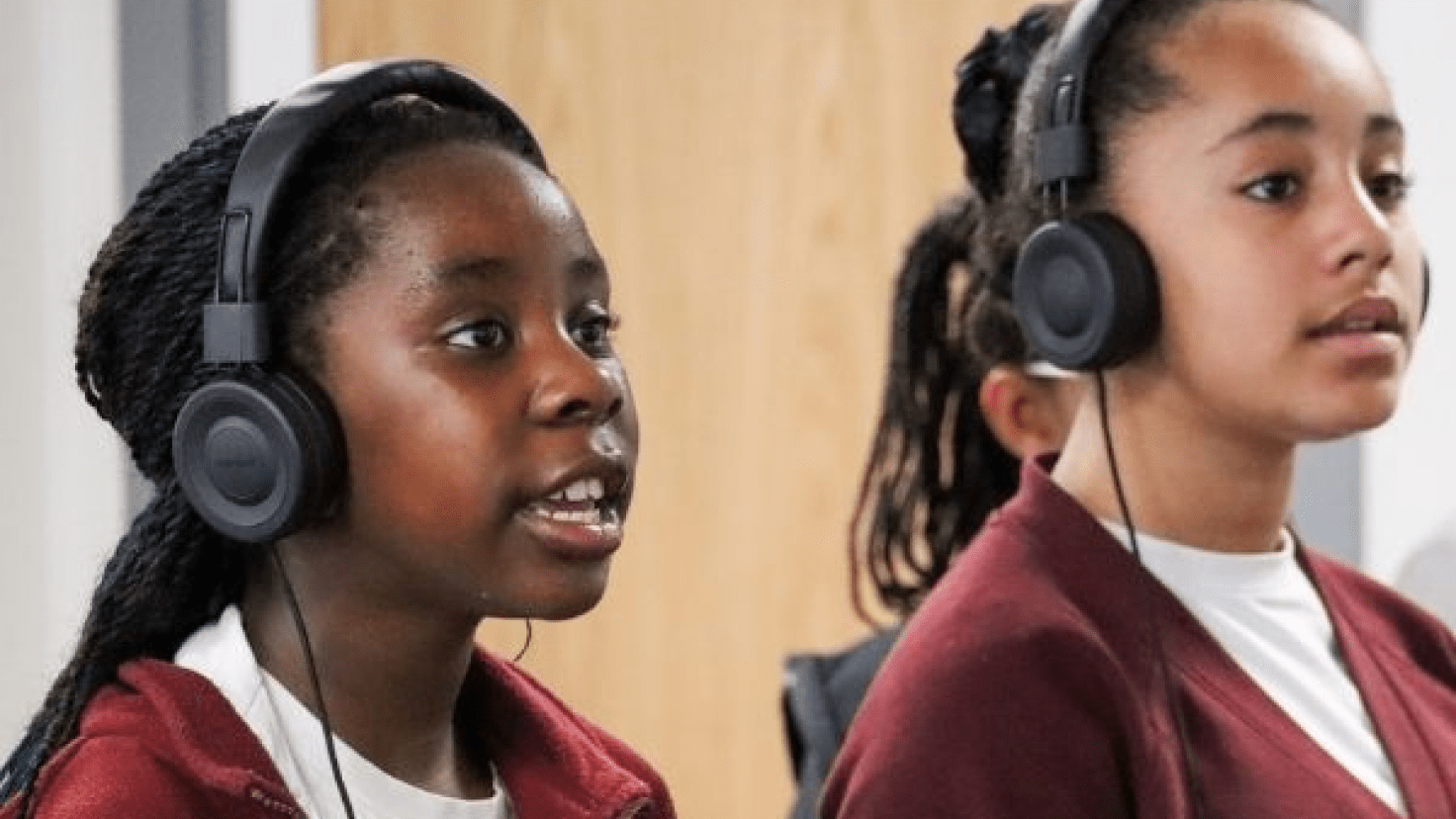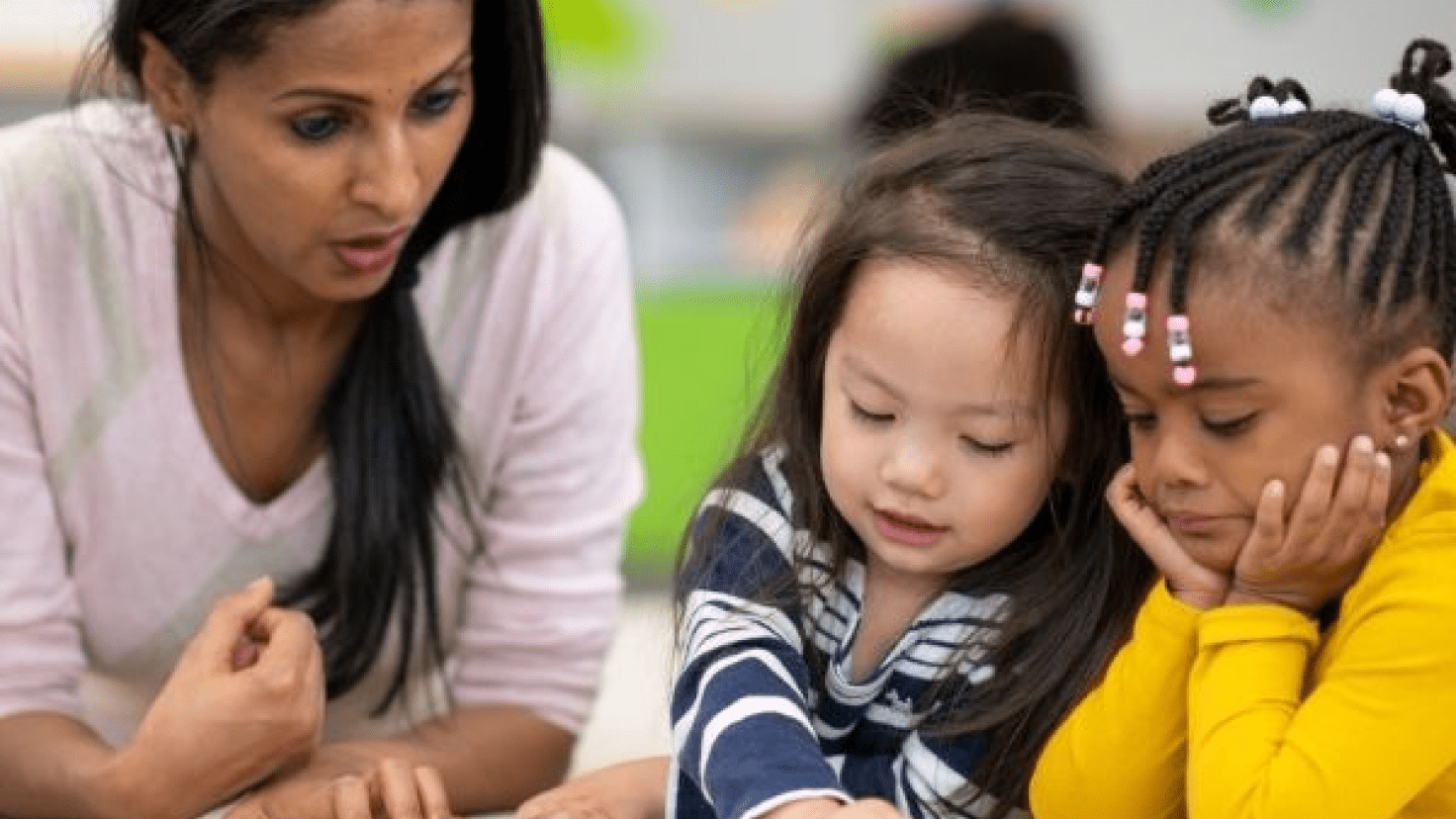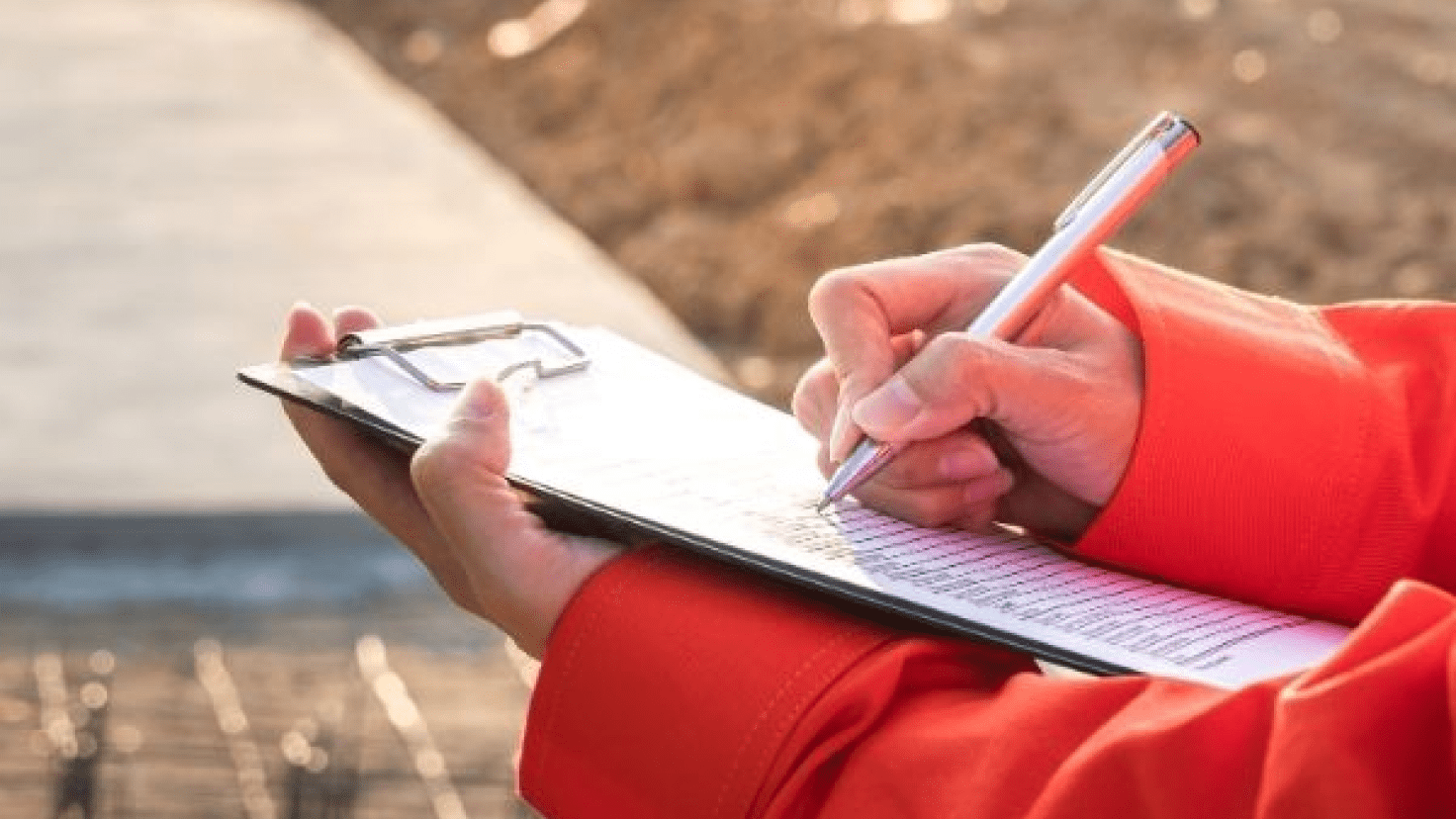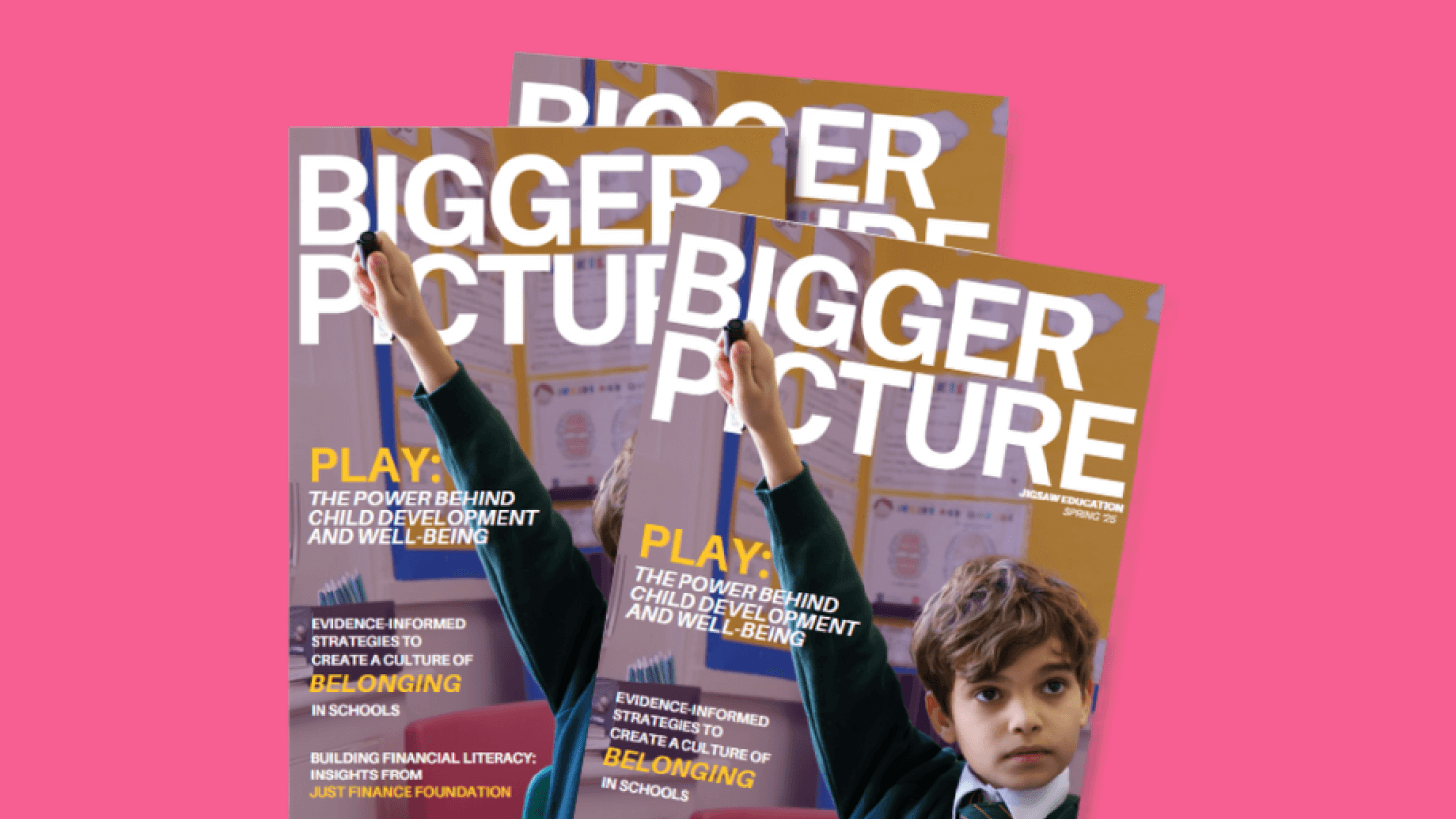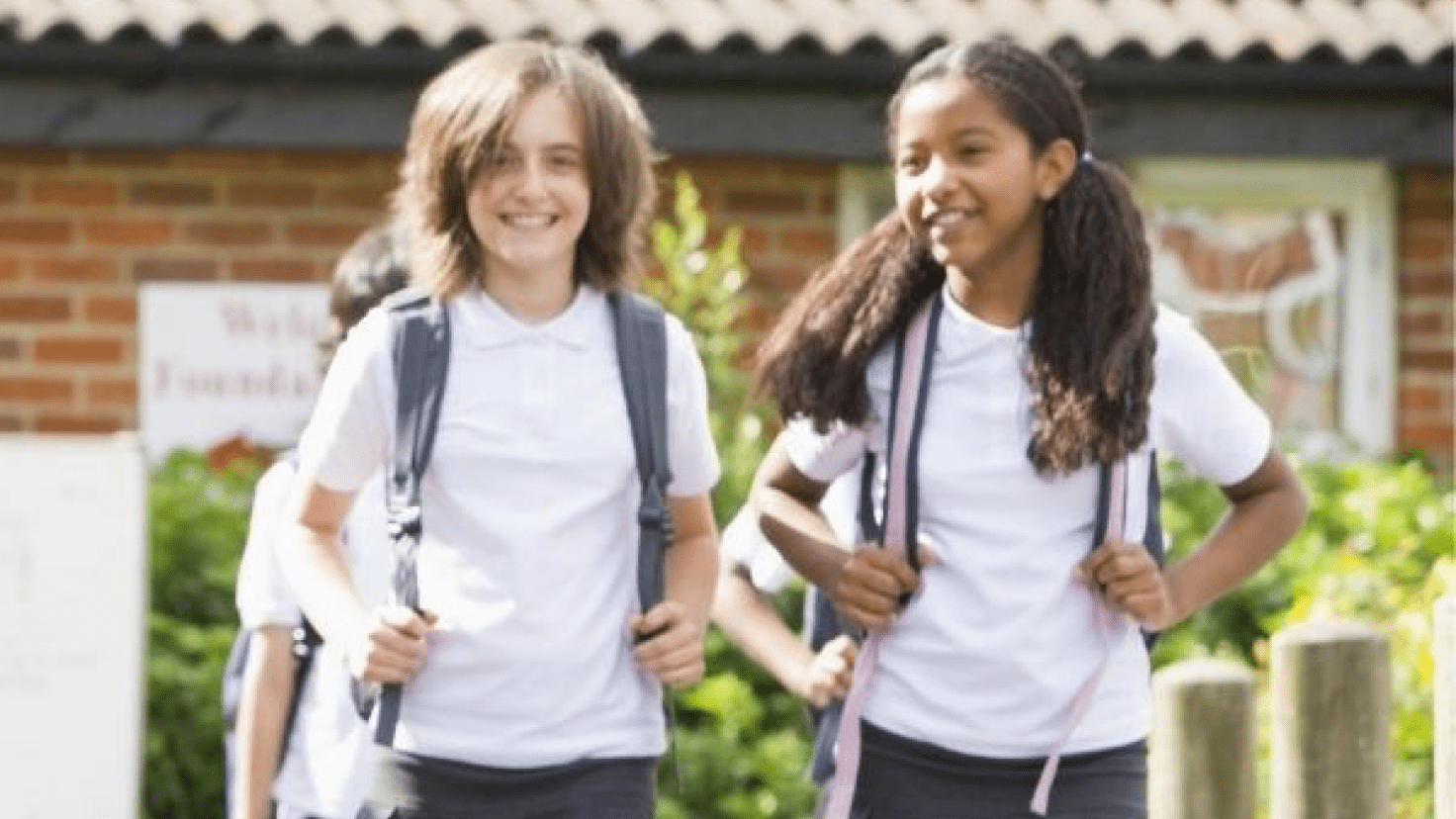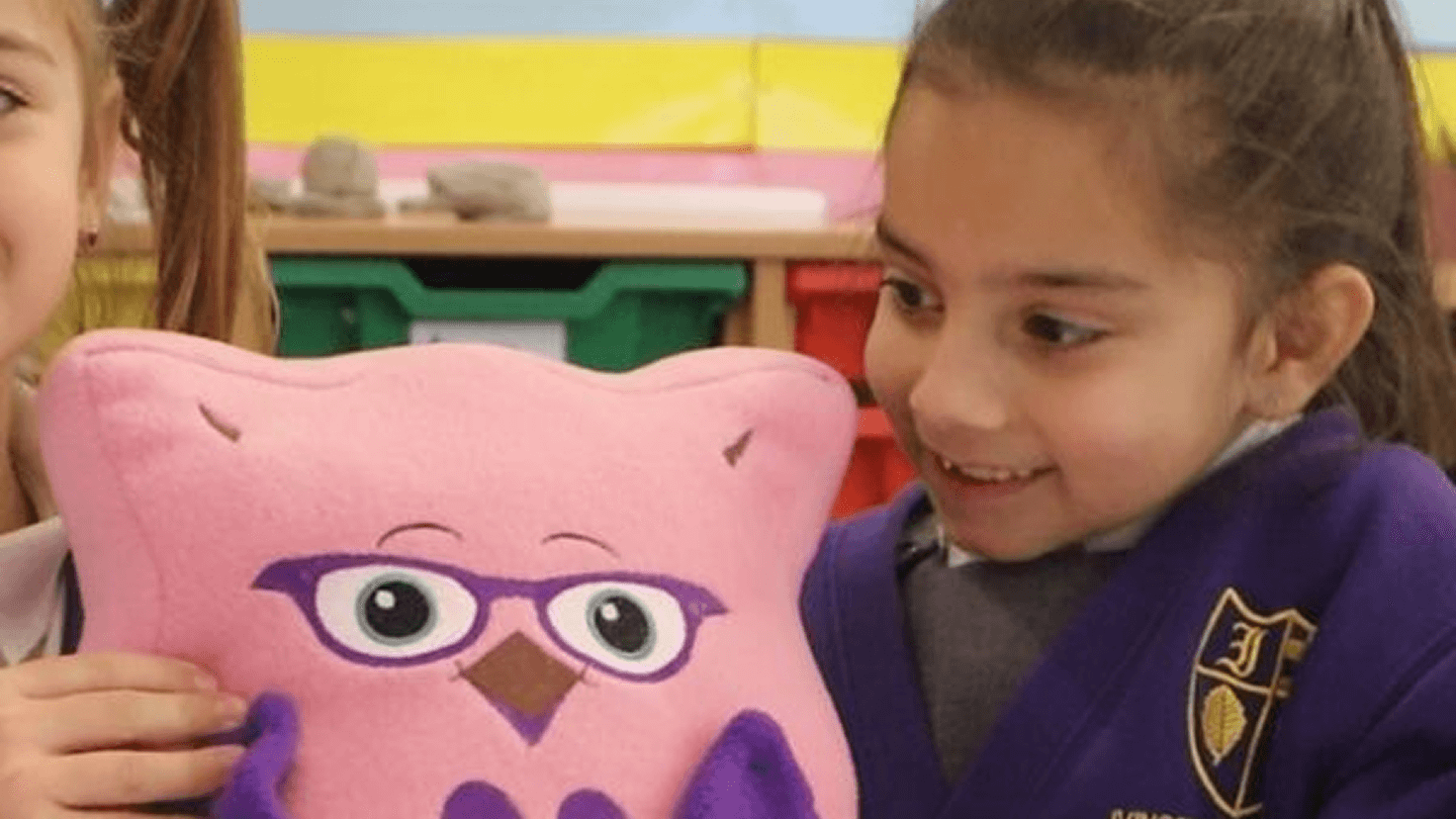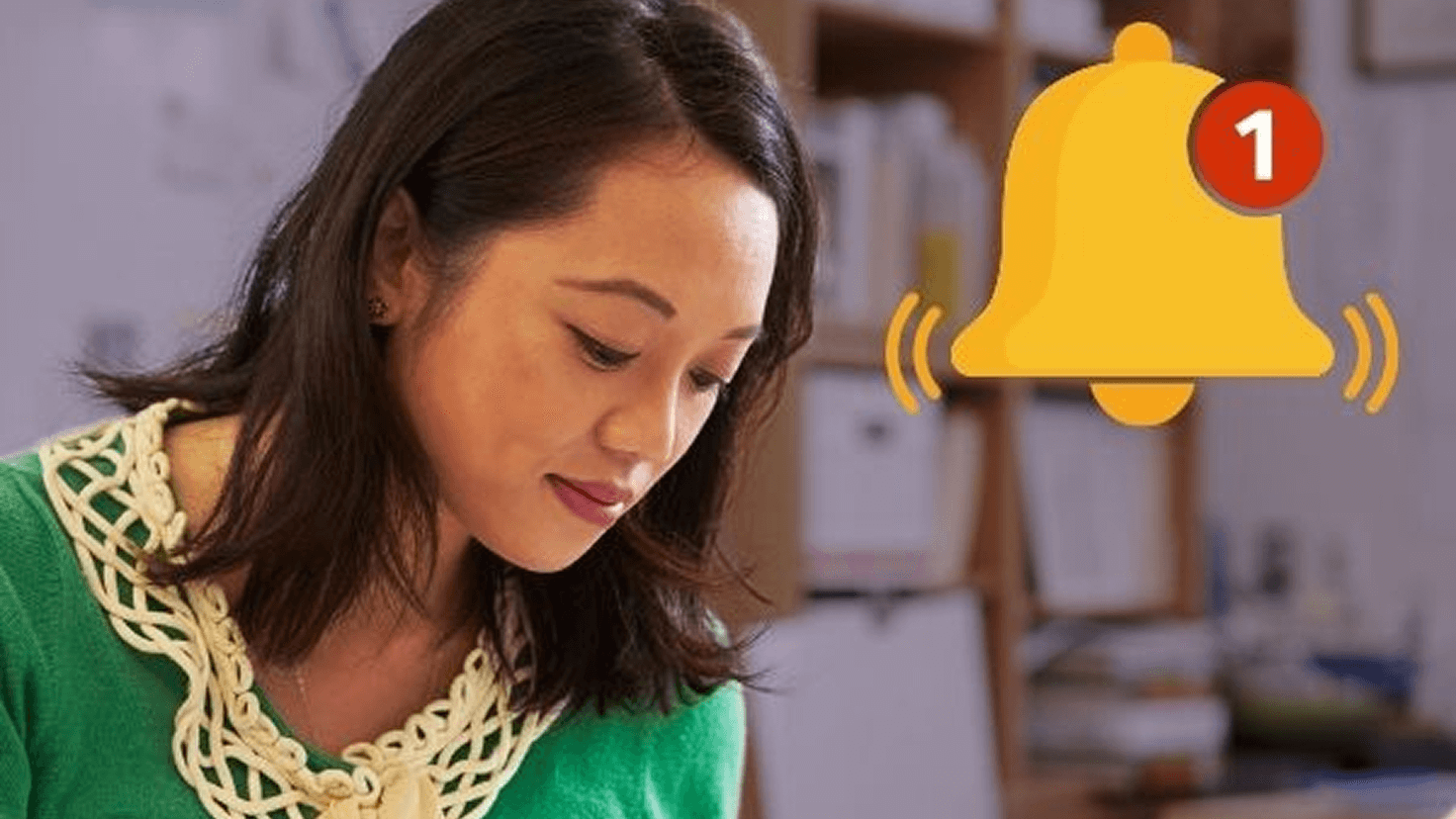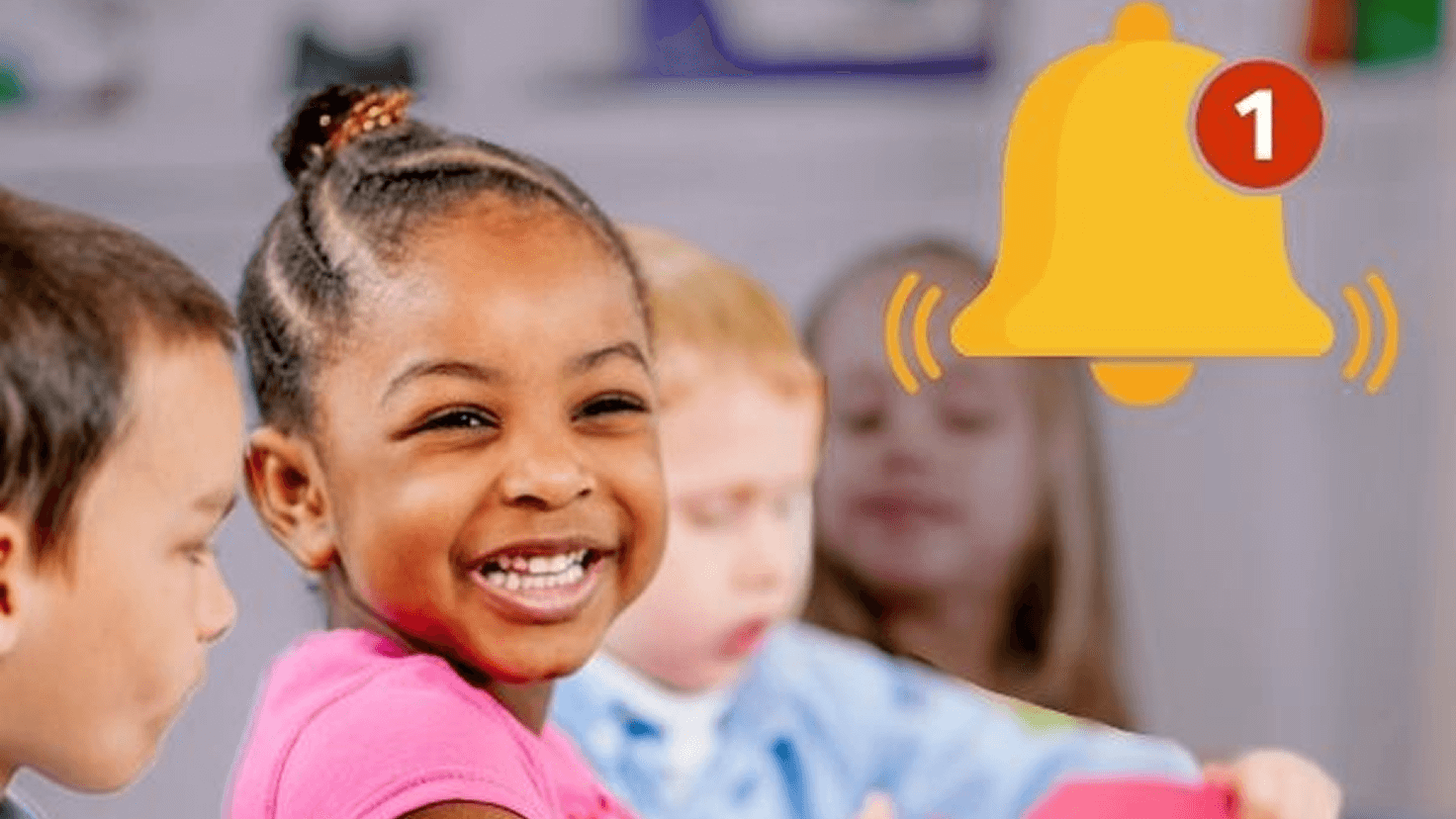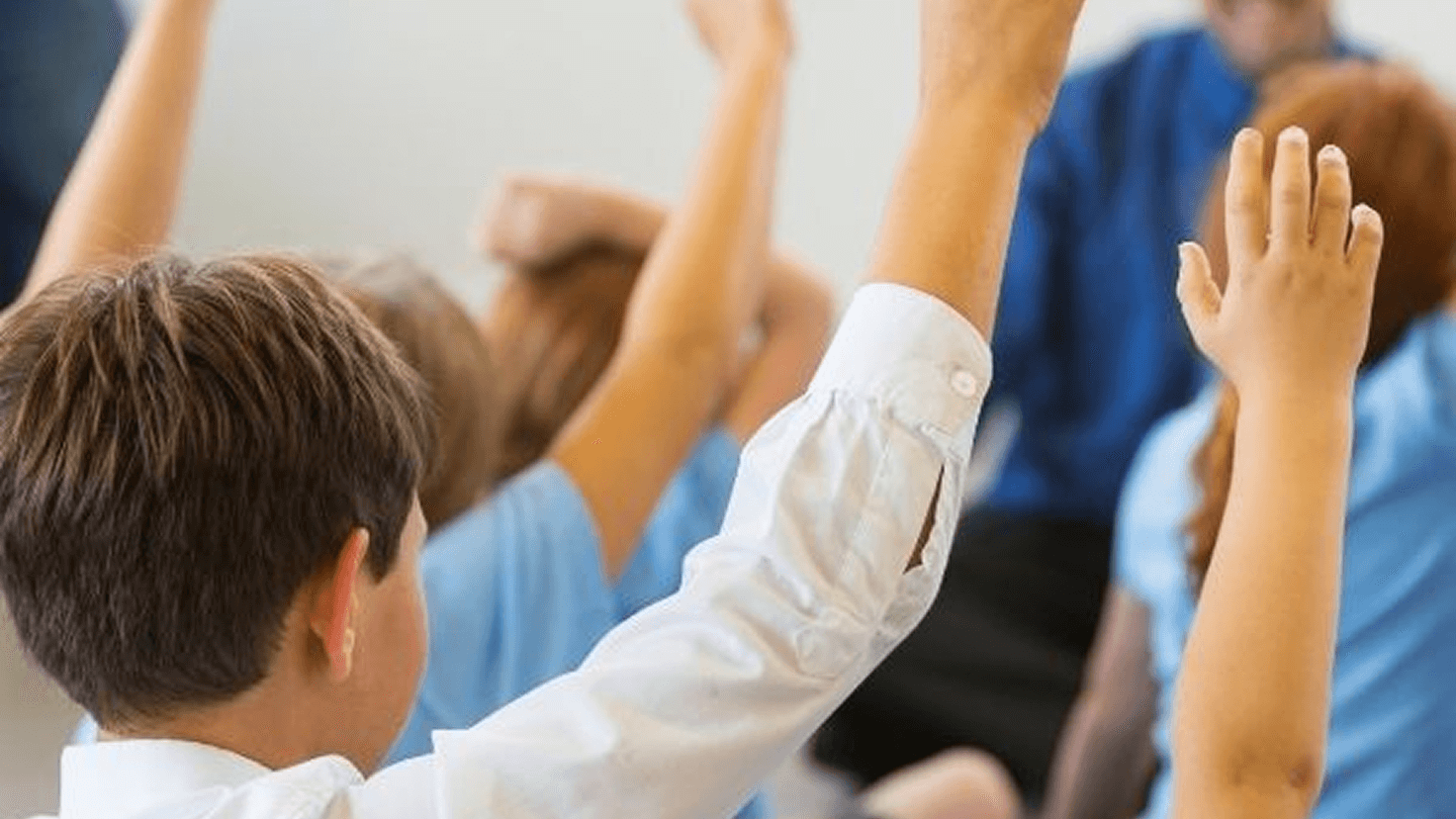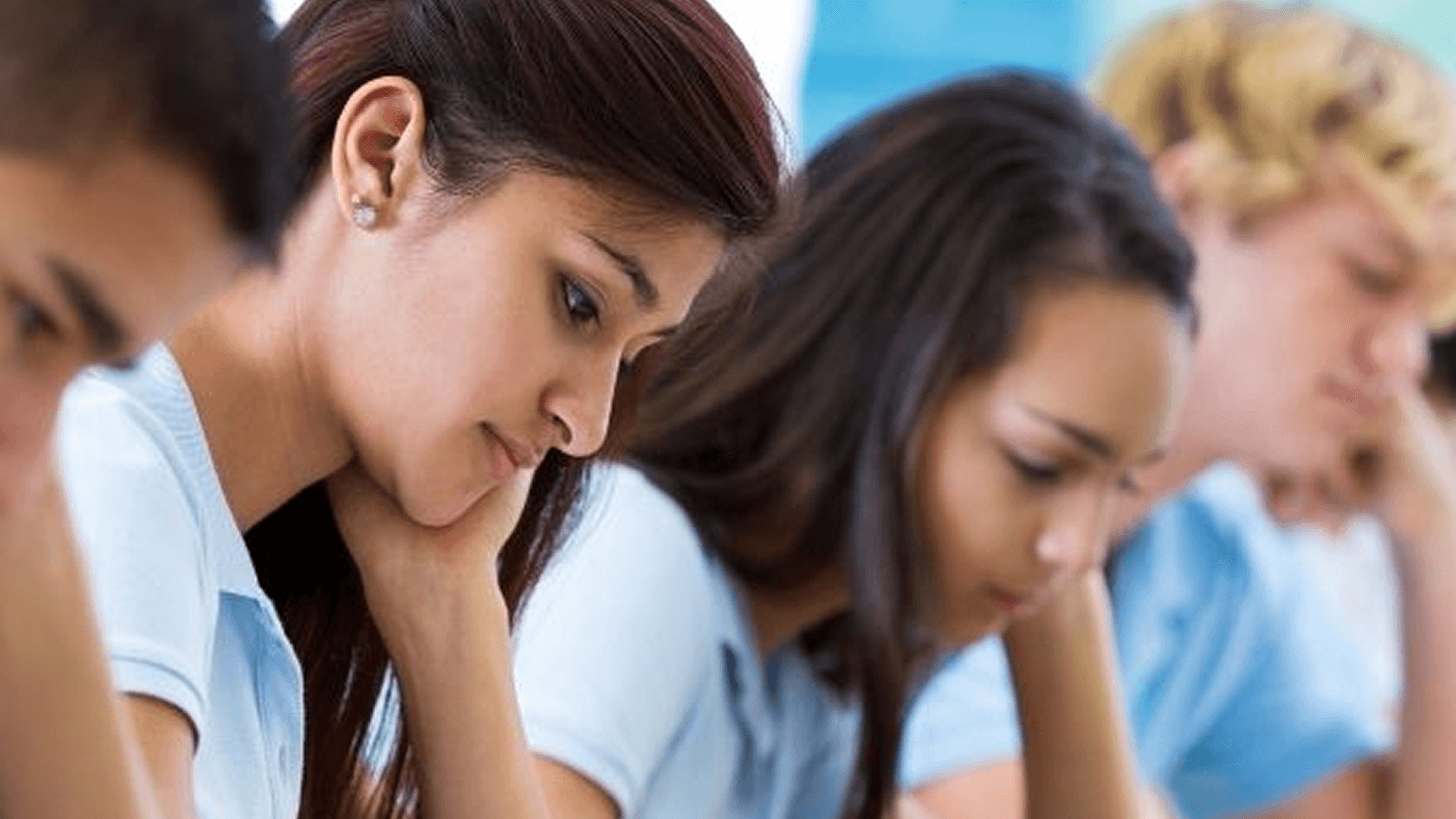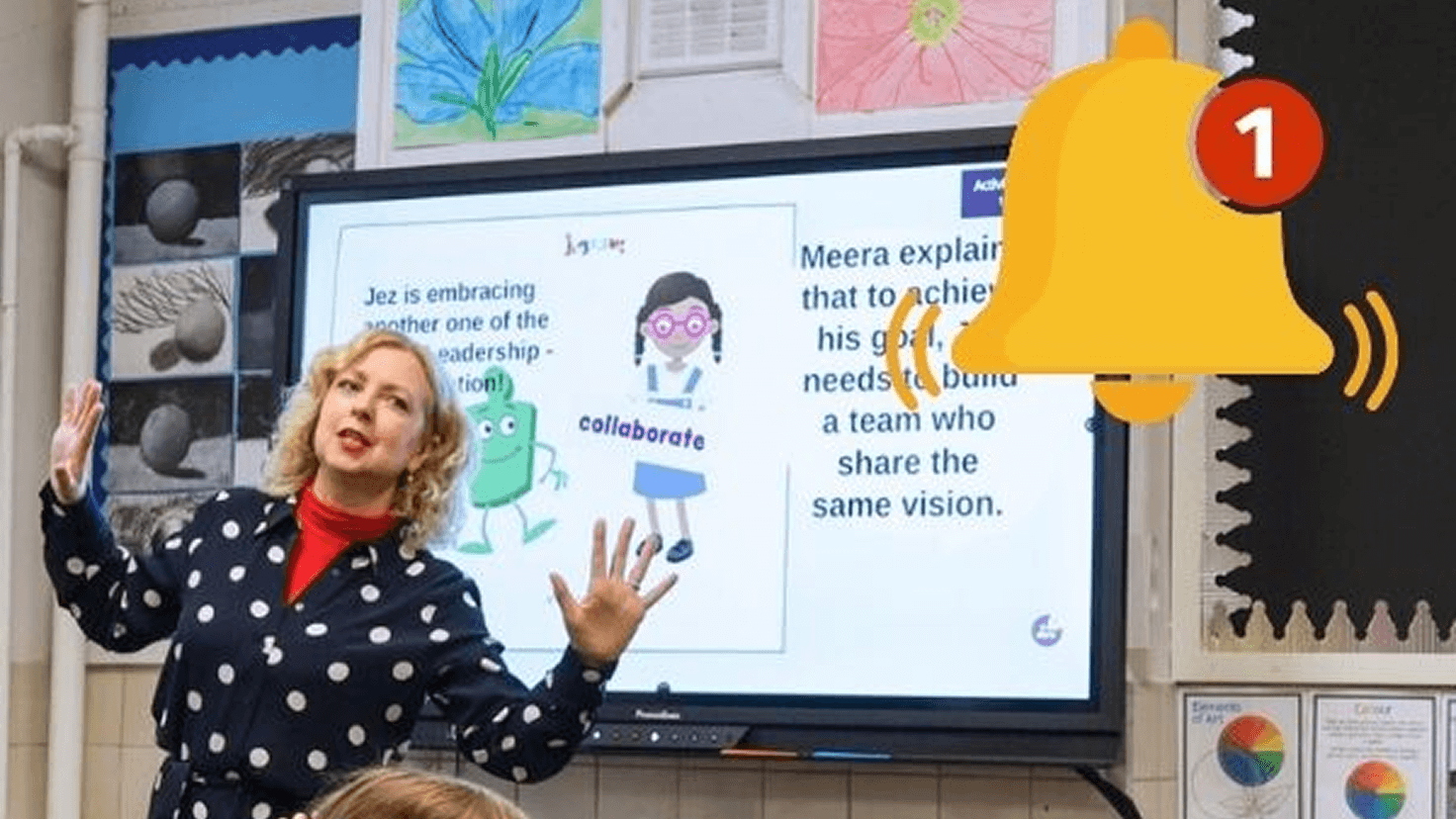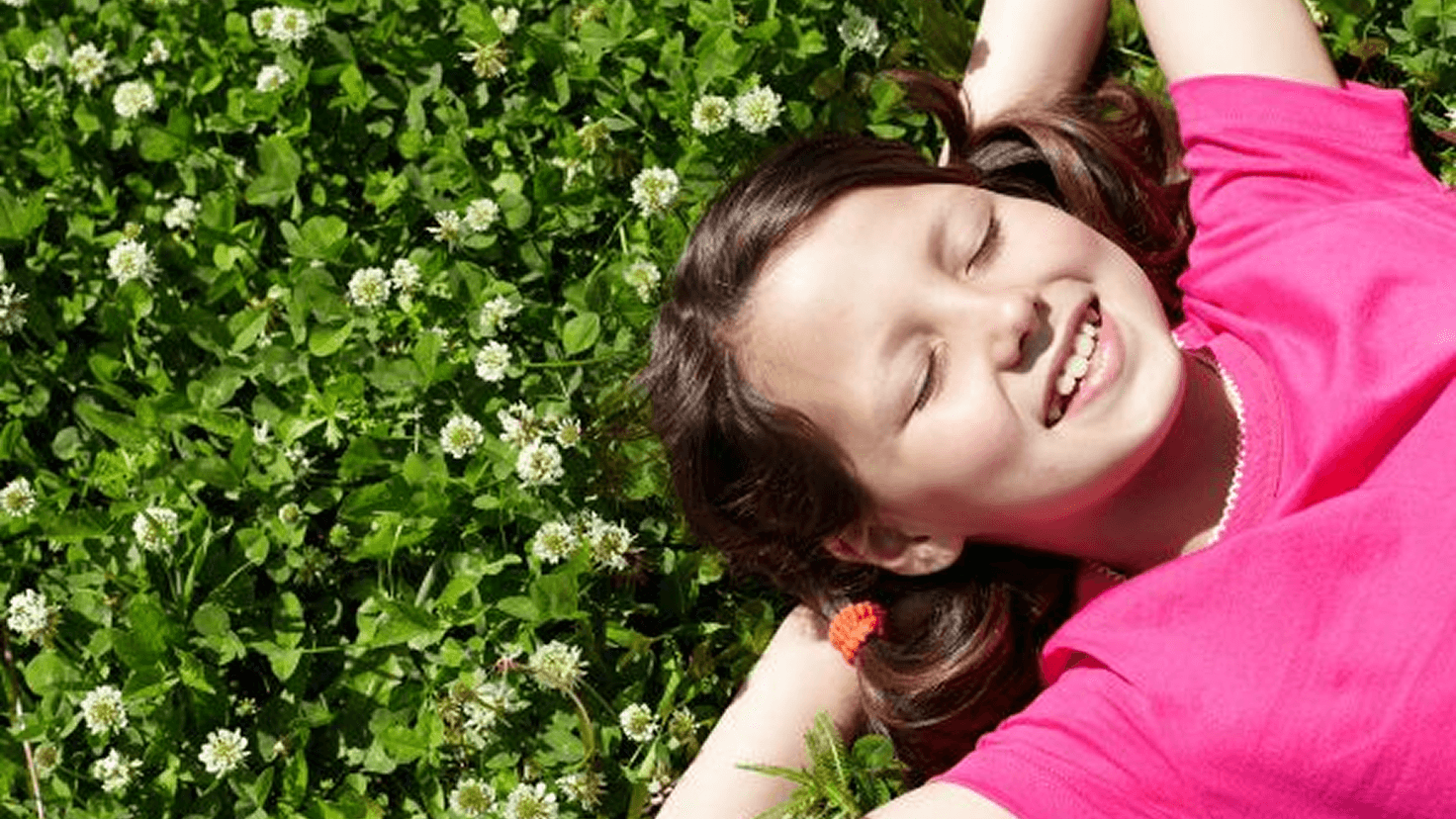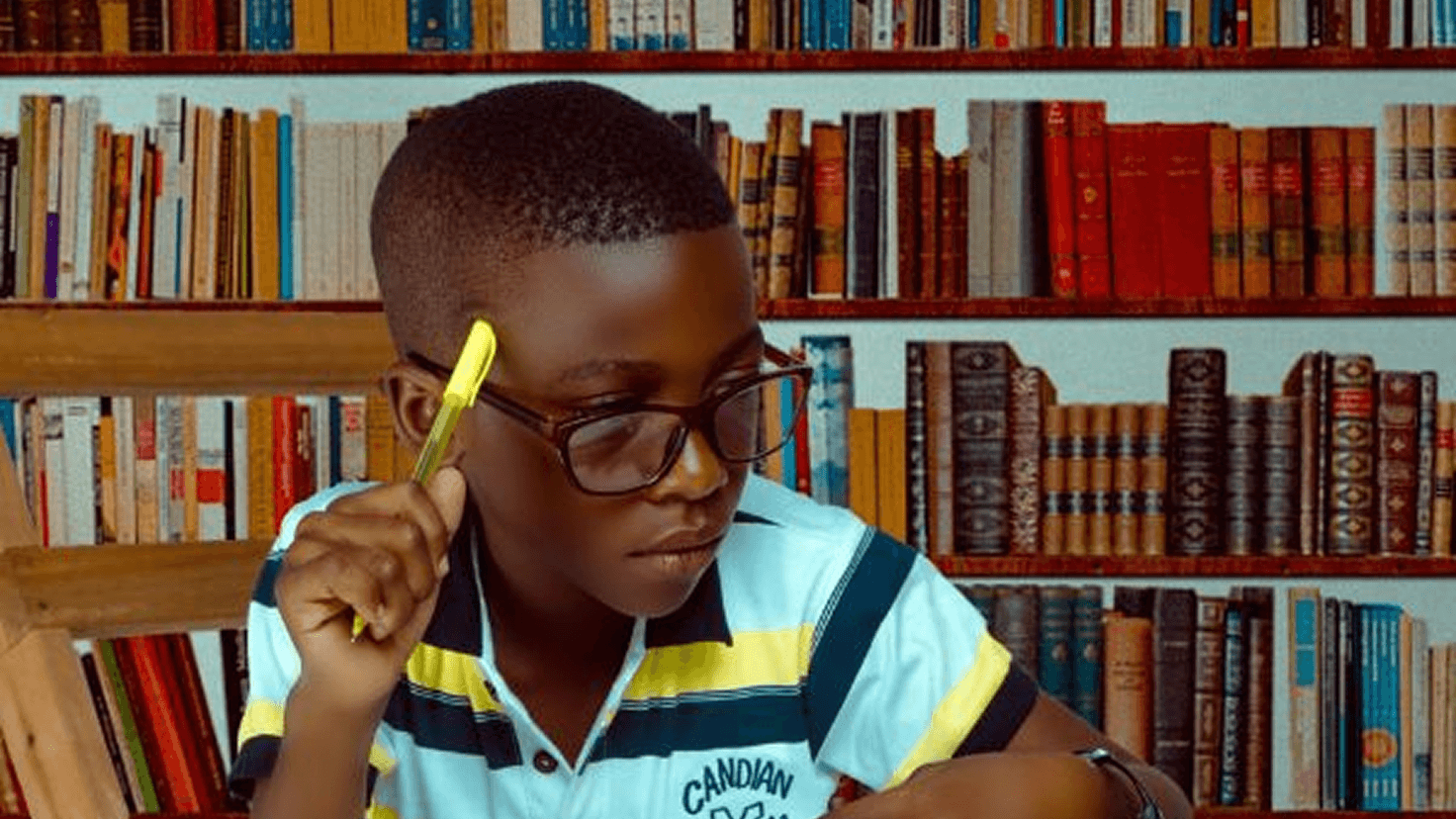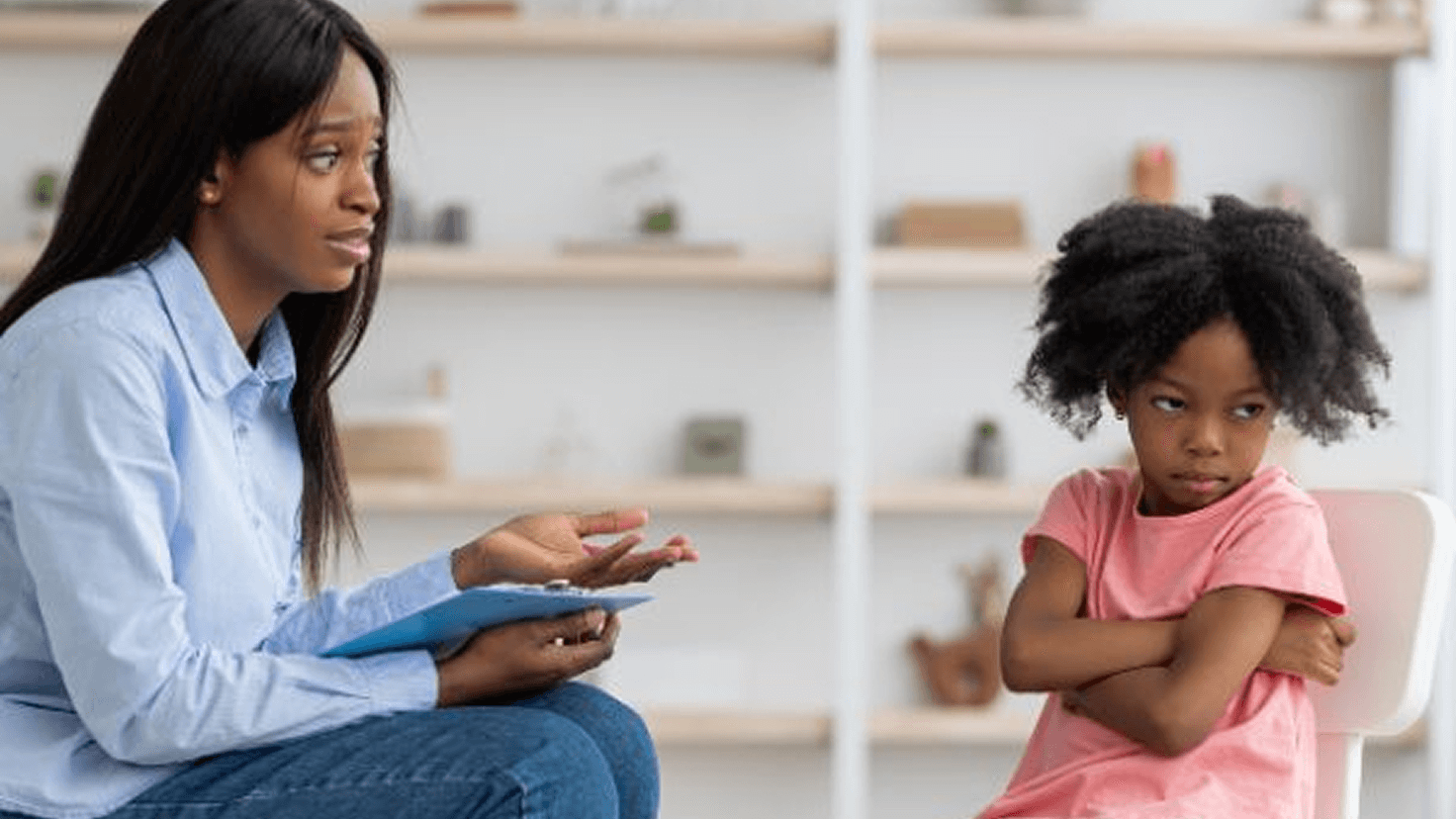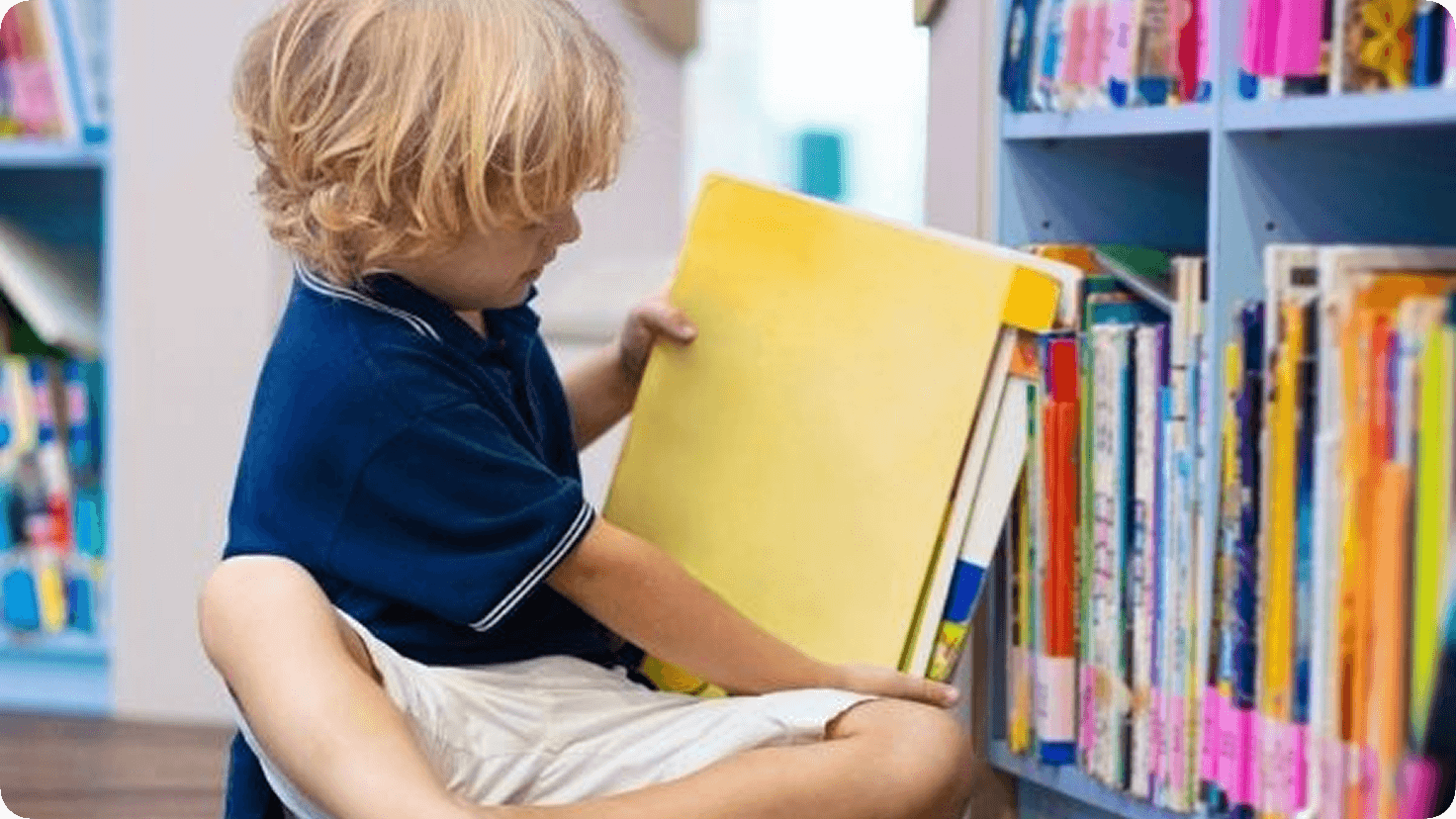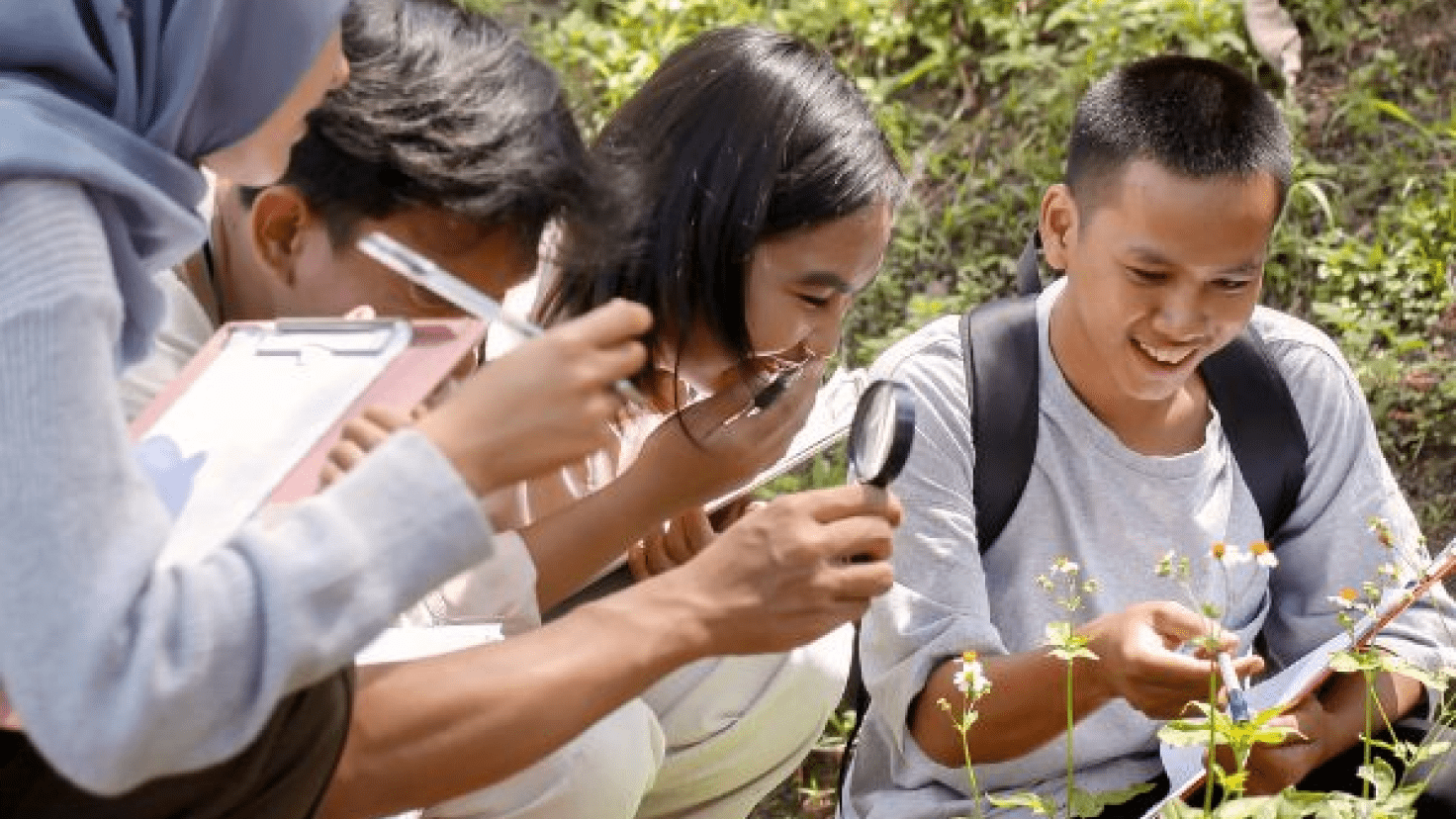Articles & Updates
03 May 2024
Tips to Get Your Class Moving for Mental Health
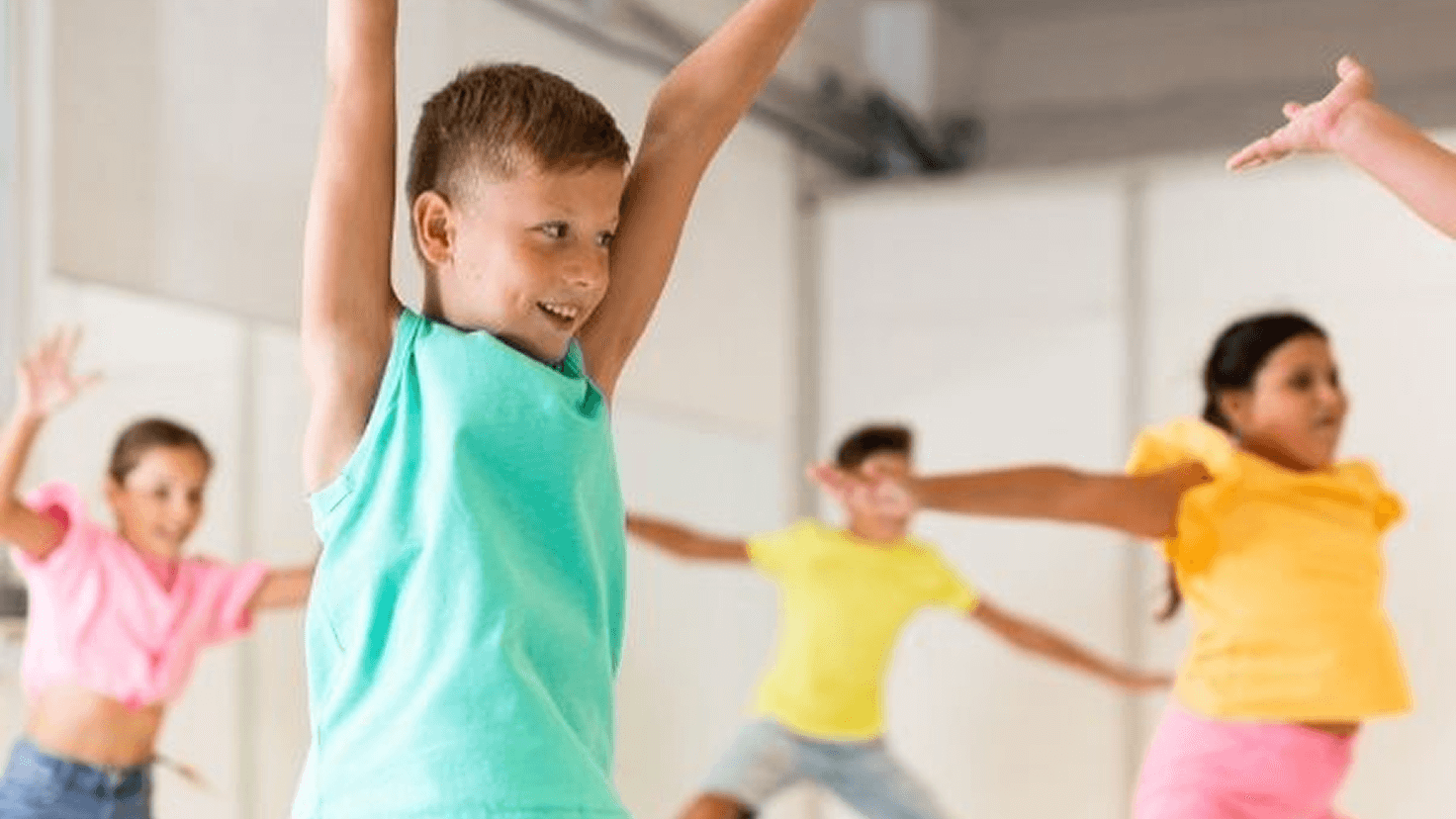
Mental health conditions can cause difficulties in all aspects of life, including relationships with family, friends, and community. Research shows that they can result from or lead to difficulties at school [1]. Whilst it is still unknown exactly how many children and young people are affected by difficulties with mental health [2], a recent survey found that one in five children were likely to have a mental health disorder [3].
Movement is great for our physical health as well as our mental health. Being physically active releases endorphins—the ‘feel-good’ hormones linked to a happier state of mind [4]. This can help improve our mood and enhance our sense of well-being. Physical activity has a wide range of health benefits – for mind, body, and for social and emotional well-being. [5].
- Reducing symptoms of depression and anxiety.
- Opportunities to socialise and meet new people
- Increased self esteem
- Improving sleep
- Improved confidence
- Boosting mood
- Memory and brain functioning
- Increasing resilience – helping you to feel that… “You can do it!”
- Reducing feelings of stress
- Clearer thinking
The Jigsaw Education Group is all about empowering children and young people to grow and sustain their own mental health. We do our best to support teachers to show them how. Jigsaw, the mindful approach to PSHE, teaching and learning programmes do this in a structured and consistent way. Our programmes offer a whole school approach (Jigsaw PSHE, Jigsaw RE, Jigsaw Outdoors, Jigsaw Families).
Movement doesn’t need to look how you might imagine it to be. Going to the gym, playing a sport, or running a marathon are all great forms of keeping physically active. However, being physically active includes anything that involves moving your body including sport, exercise, and play. Encourage children to think about what they like to do, and how their bodies can move. Encourage them to join in with this year’s theme, ‘Move Your Way!’ with some of our fun suggestions which can be enjoyed inside or out.
- Stretching – developing your balance and coordination. Look at our Jigsaw Outdoor Mindful Movement pack!
- Routines made fun – when lining up ask the children to keep active; jog on the spot, do star jumps or practise squats
- Make learning active – look at our Reading Map by exploring and finding different spaces to read comfortably outside. Collect as many different places as possible using the Collector Card. Practise writing, maths and more in the air using big and small body movements to produce a word or a number
- Workout – Complete a set of movements following a 5,4,3,2, 1 sequence i.e. 5 jumping jacks, 4 hops, 3 arm circles, 2 stretches up and 1 overhead clap. Follow a free and fun workout (including quizzes and games) led by The Body Coach Joe Wicks
- Dance – learn a routine or make up your own, and have fun playing the ‘Hockey Cokey’, ‘Musical chairs’, or ‘Follow the Leader’… you could even try some story-based yoga using Cosmic Kids
- Experiment with movement – walking, running, jogging, skipping, cycling… how many ideas can you complete from our Jigsaw Active Bingo?
- Outdoor adventures – look for minibeasts, climb a tree, build a den, go on a treasure hunt, and get creative with chalk
- Fun Game – enjoy playing games like Simon Says, Charades or ‘The Mexican Wave’
- Playground games – Tag, Hopscotch, Hide and Seek… The Jigsaw Games pack includes 72 games for children to enjoy with minimal equipment
References:
- World Health Organization (2021) Mental Health of Adolescents. Available from: Mental health of adolescents (who.int)
- The Children’s Society (2024) Children’s mental health statistics. Available from: Children’s Mental Health Statistics | The Children’s Society (childrenssociety.org.uk)
- NHS, England (2023) Mental Health of Children and Young People in England. Available from: https://digital.nhs.uk/data-and-information/publications/statistical/mental-health-of-children-and-young-people-in-england/2023-wave-4-follow-up
- Mind (2024) Guide 1: How can physical activity support mental health?Available from: https://www.mind.org.uk/media-a/4704/guide_01.pdf
- NHS Better Health: Every Mind Matters (2024) Be active for your mental health. Available from: Be active for your mental health – Every Mind Matters – NHS (www.nhs.uk)

